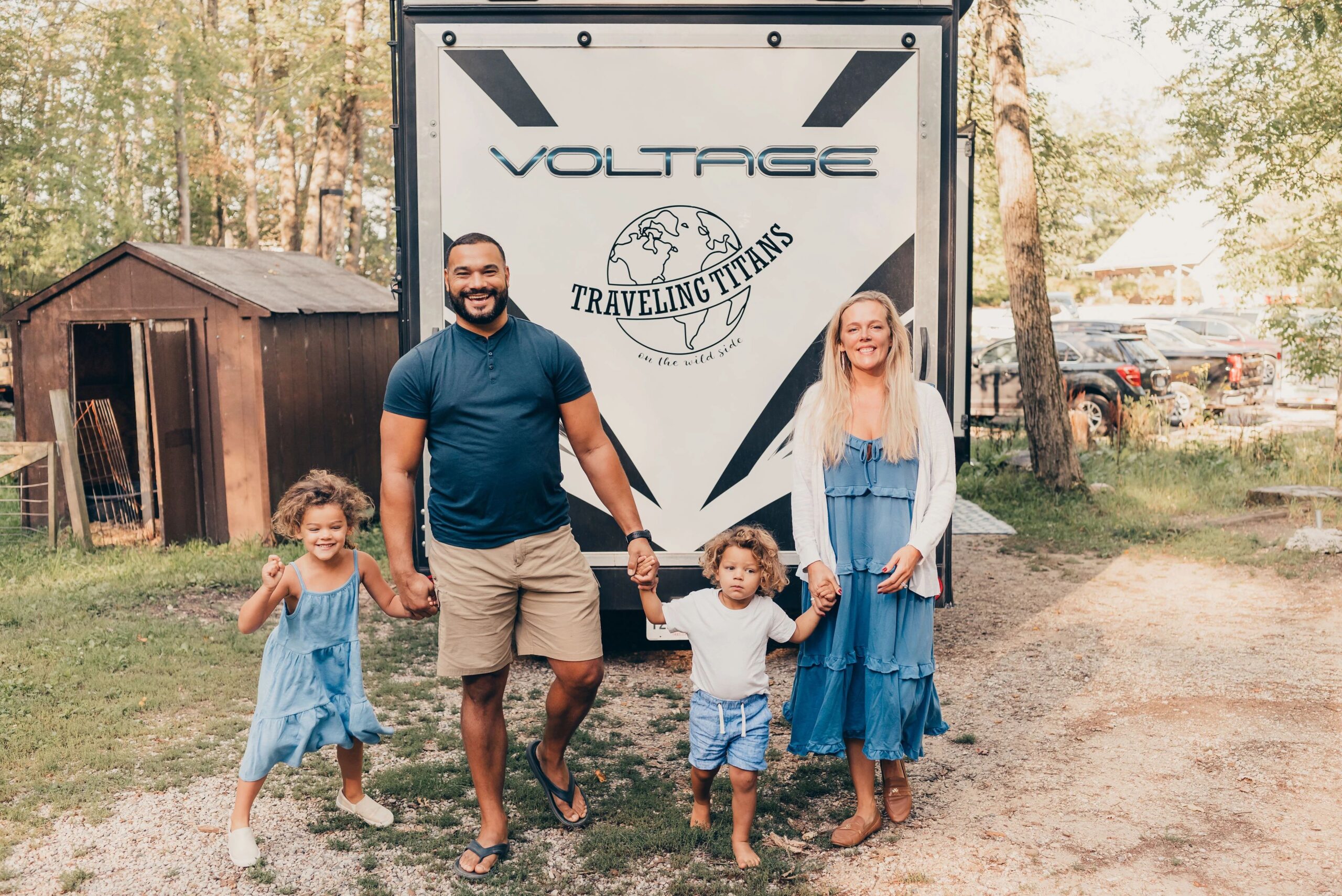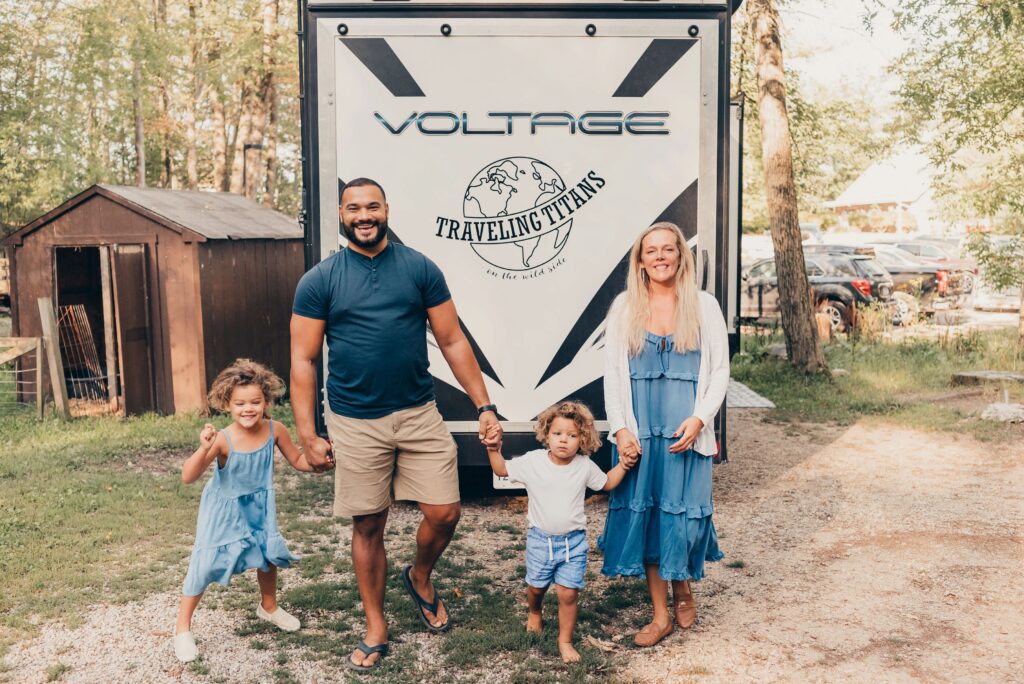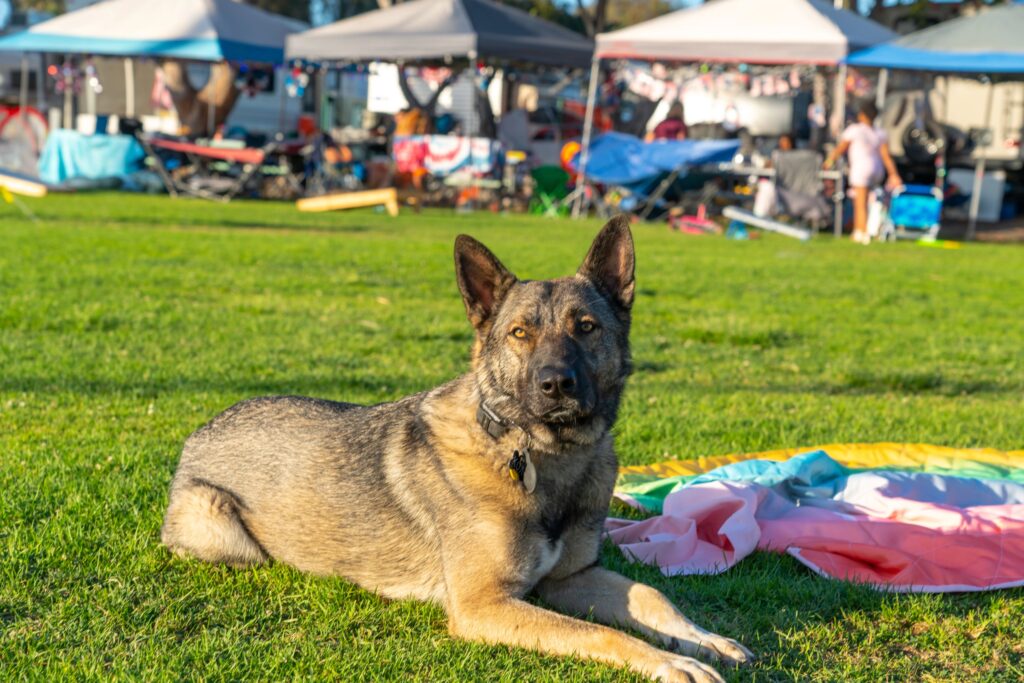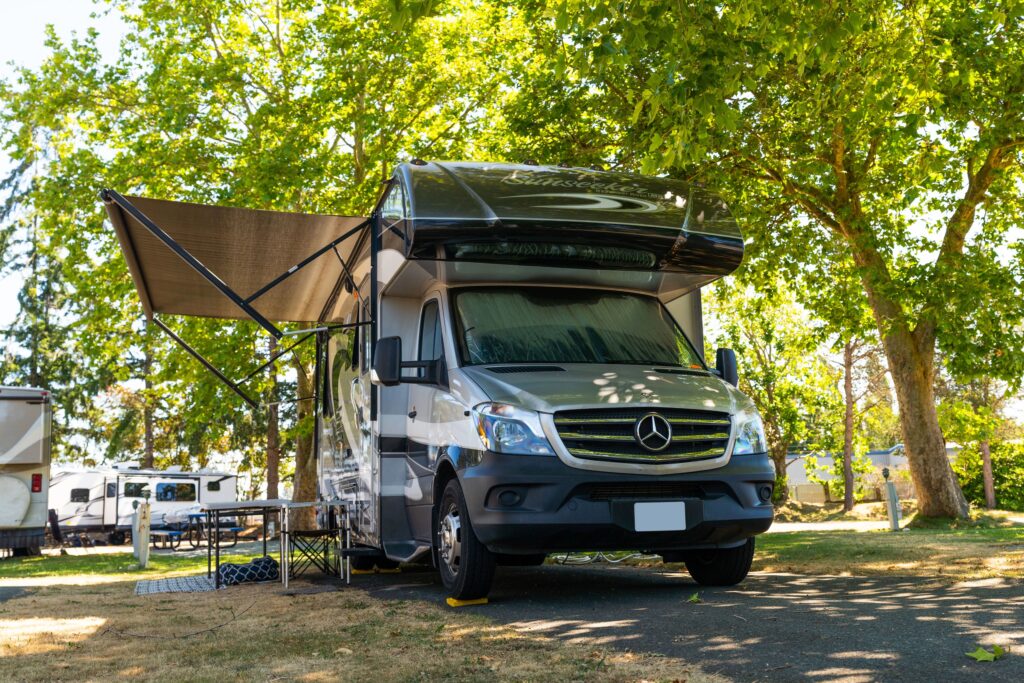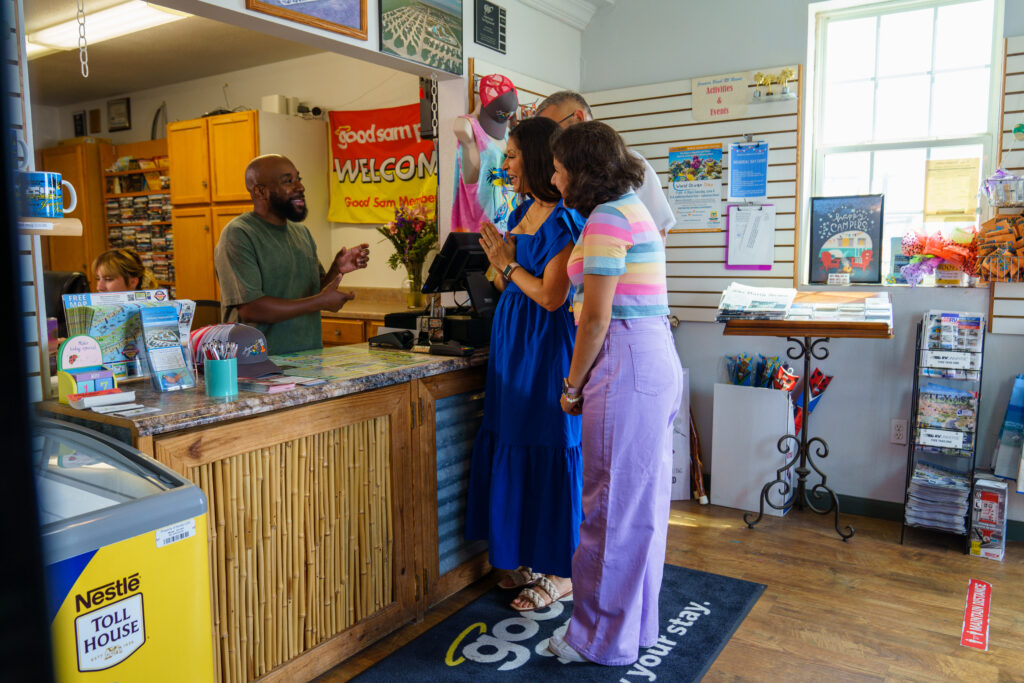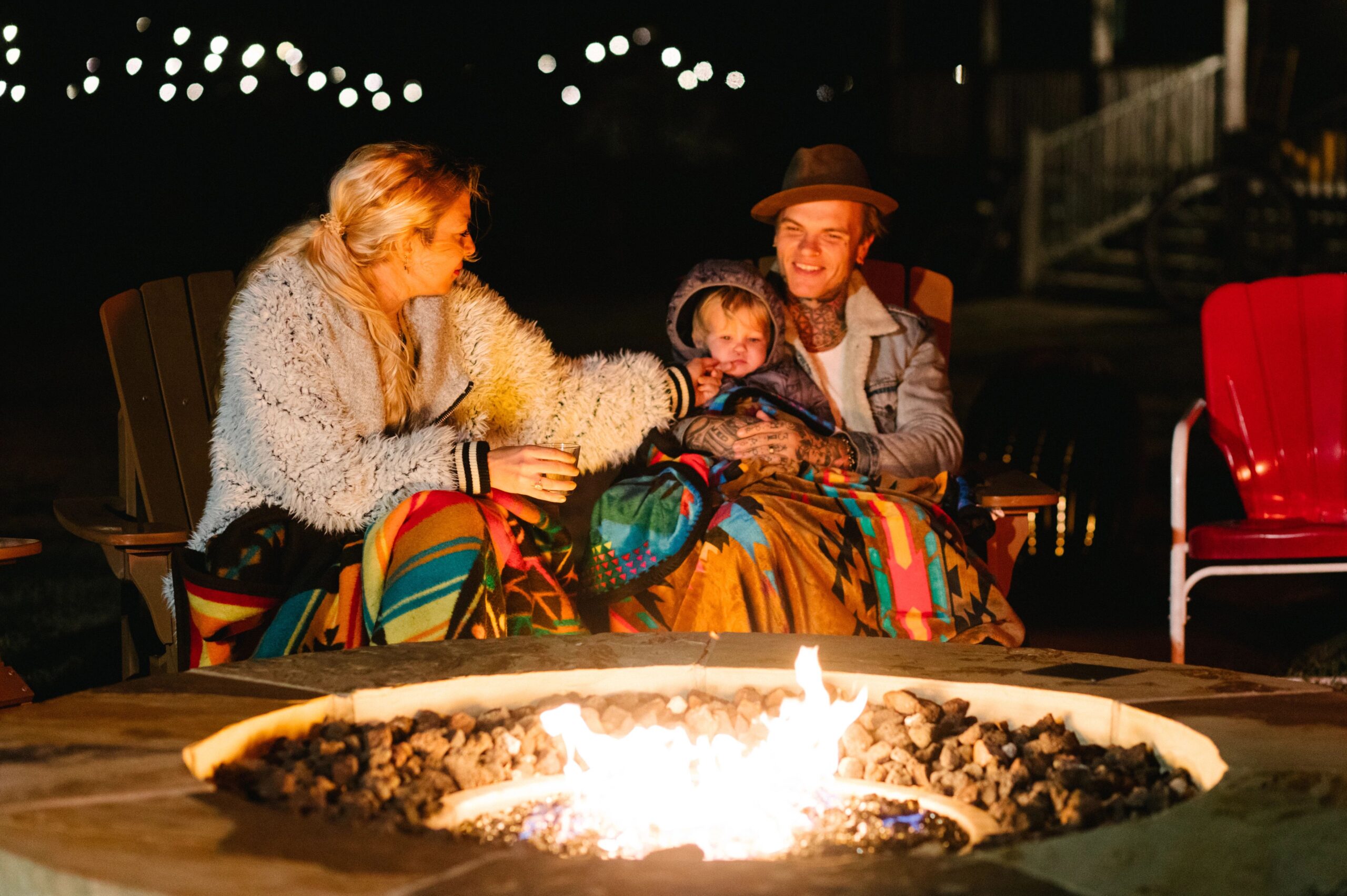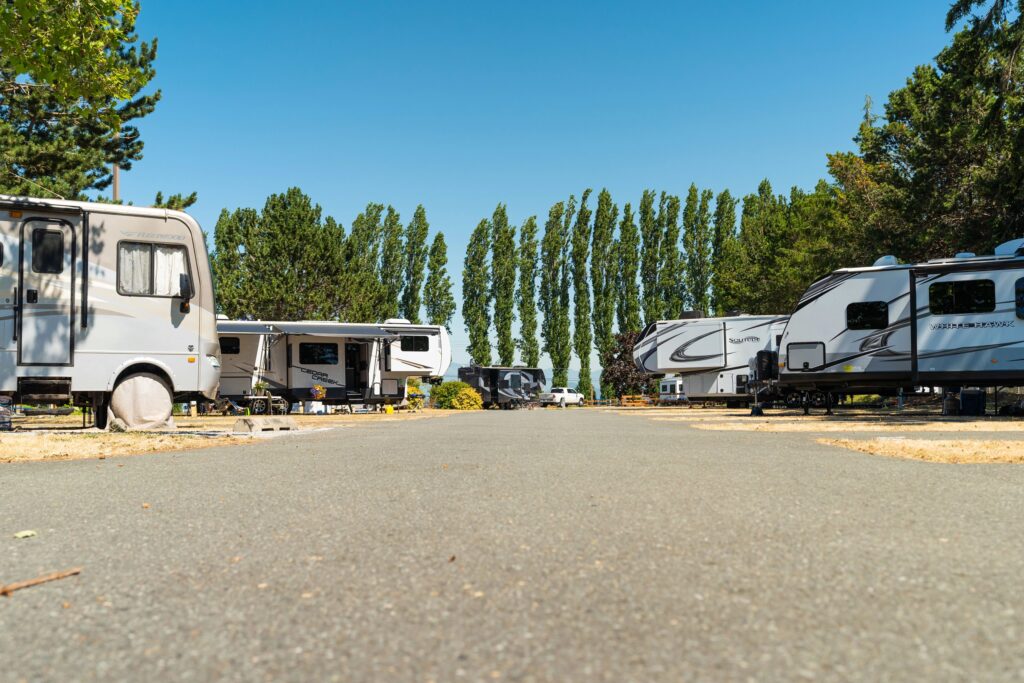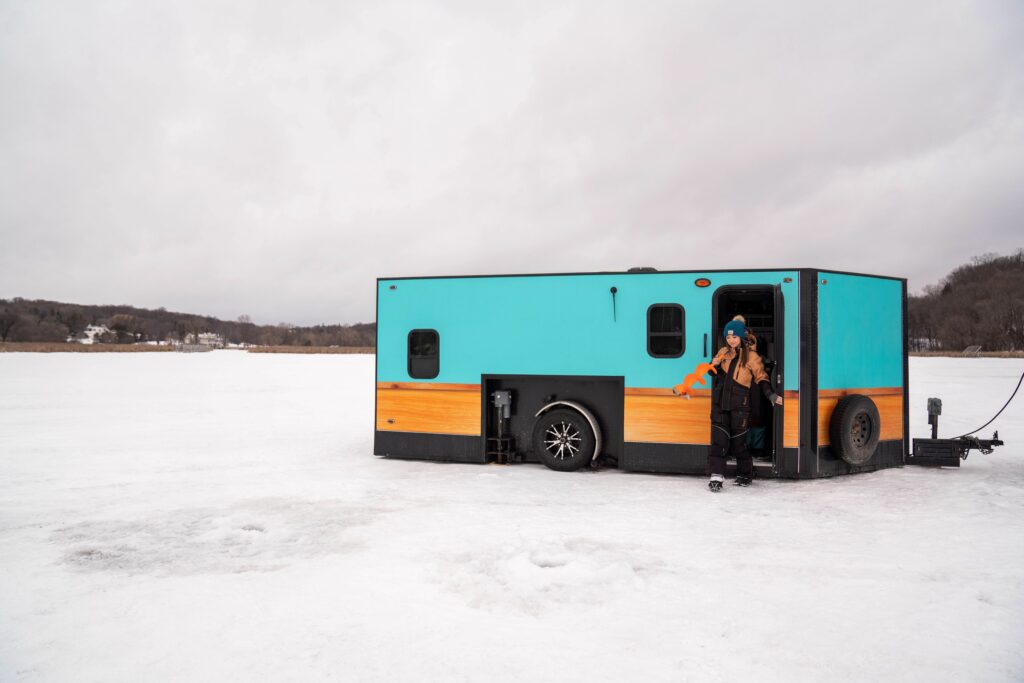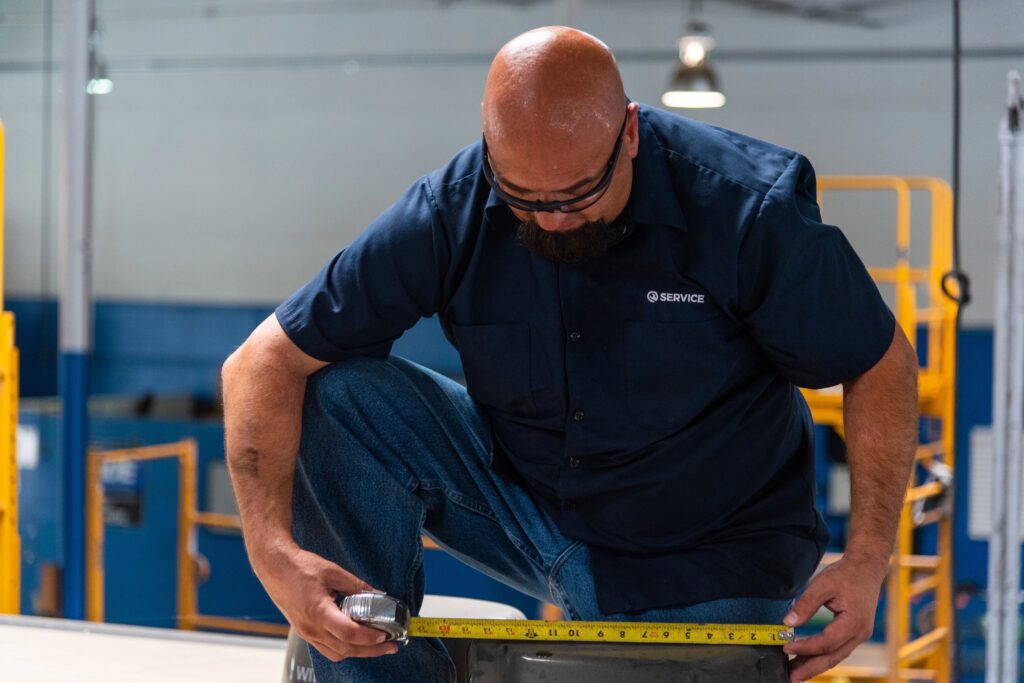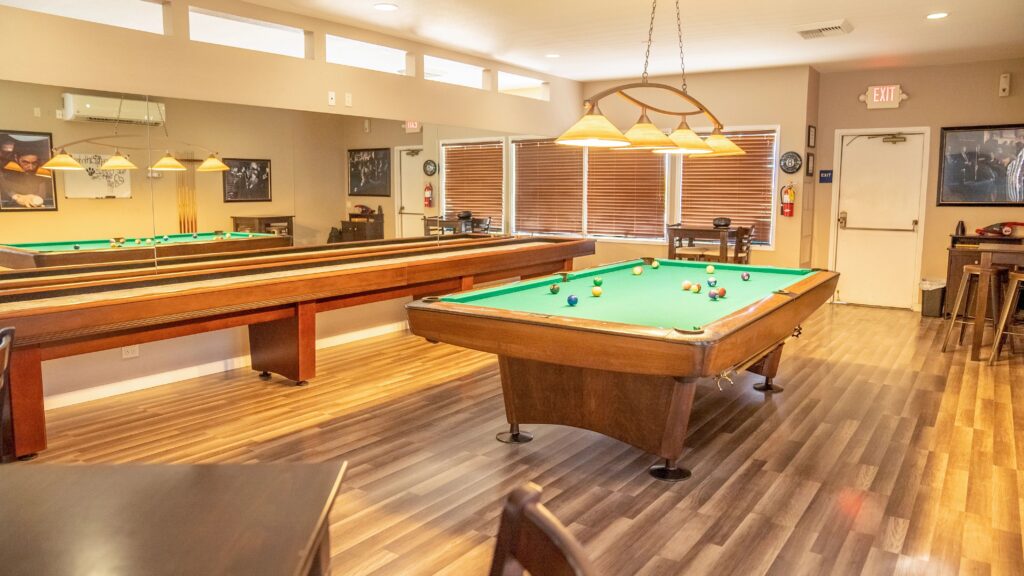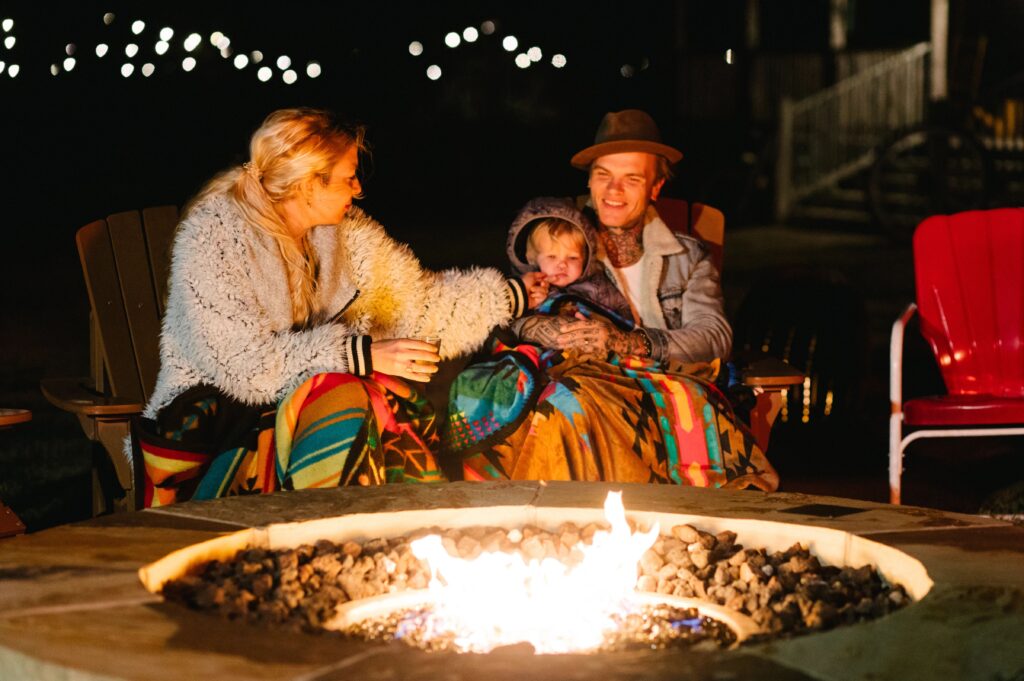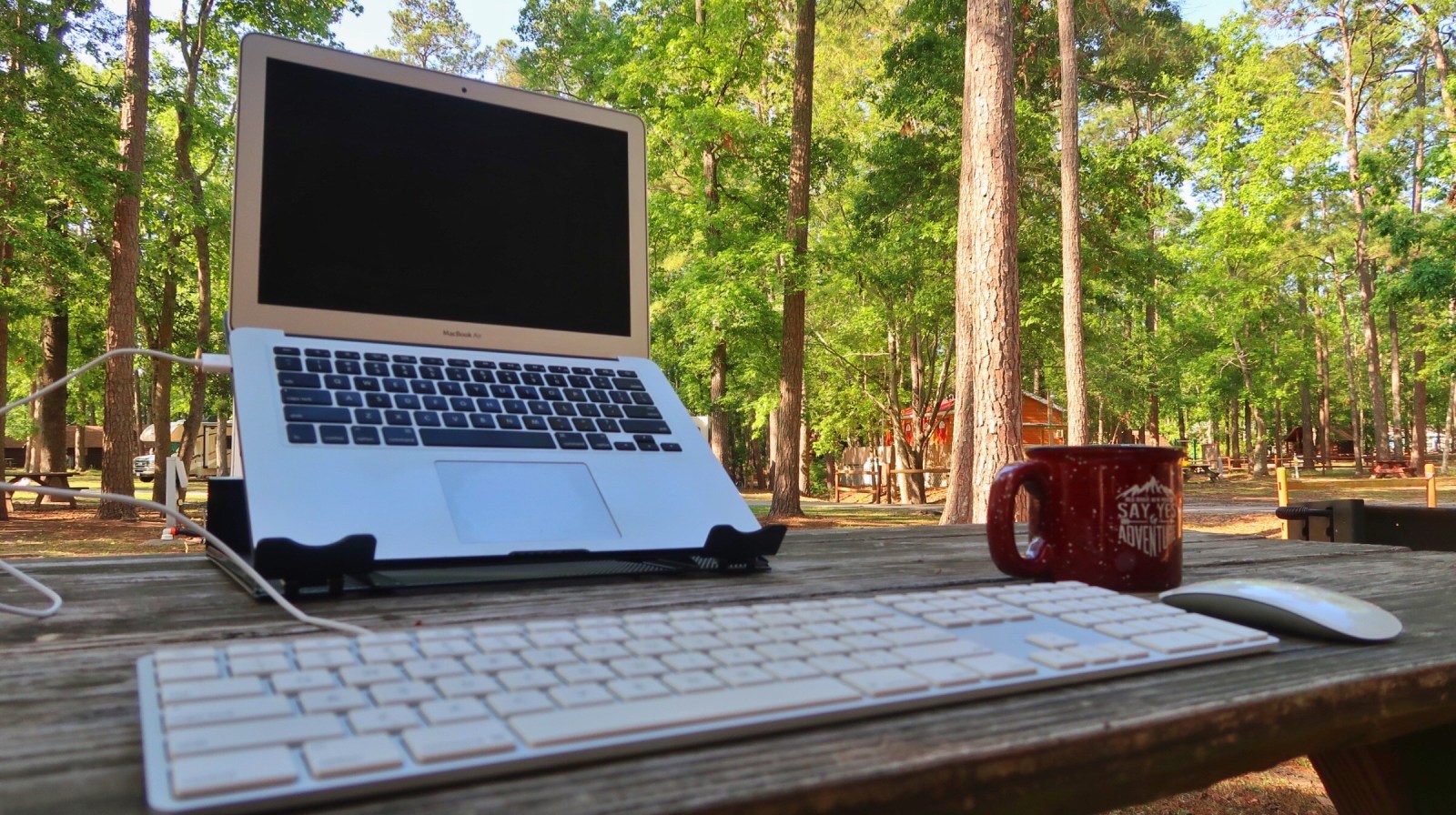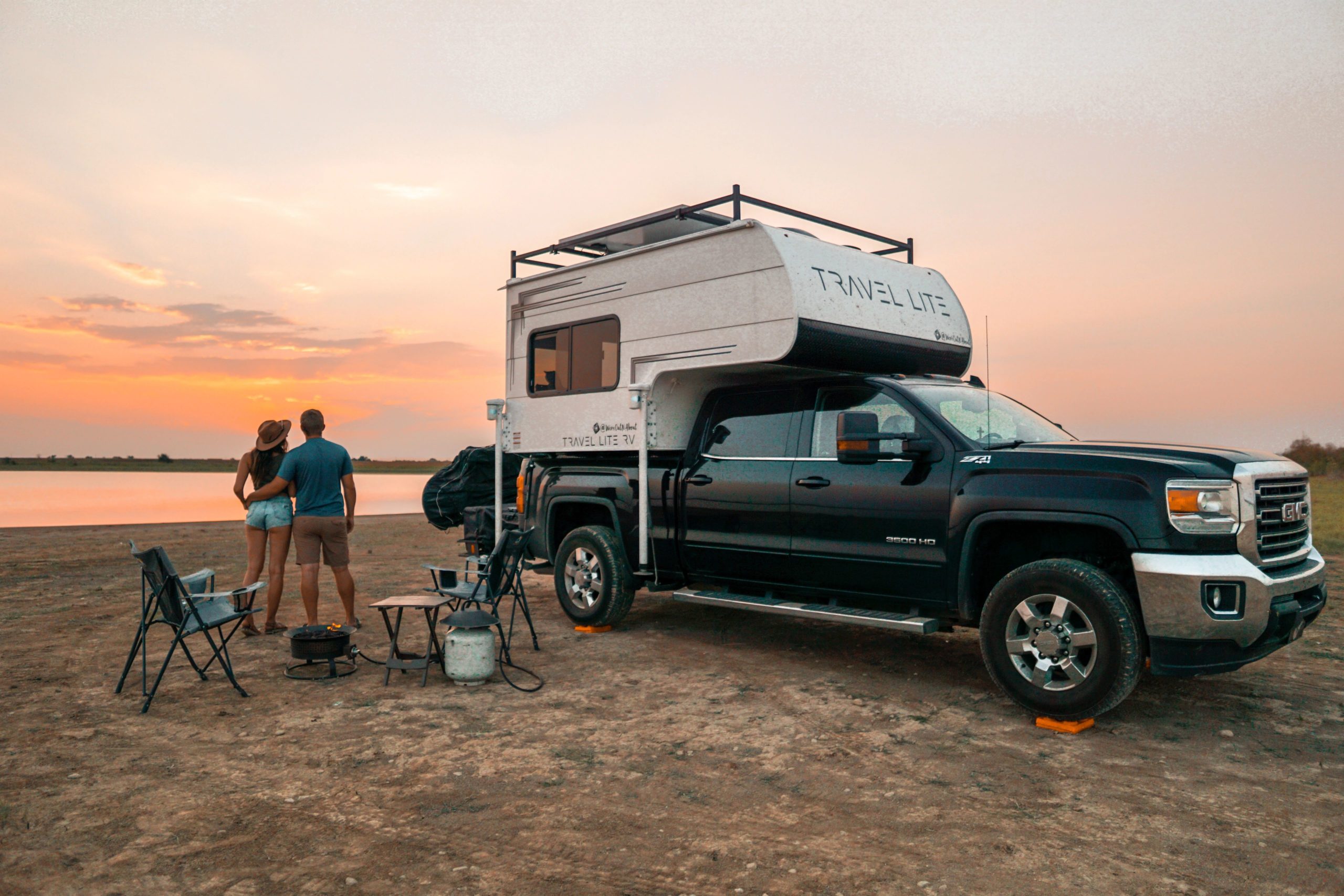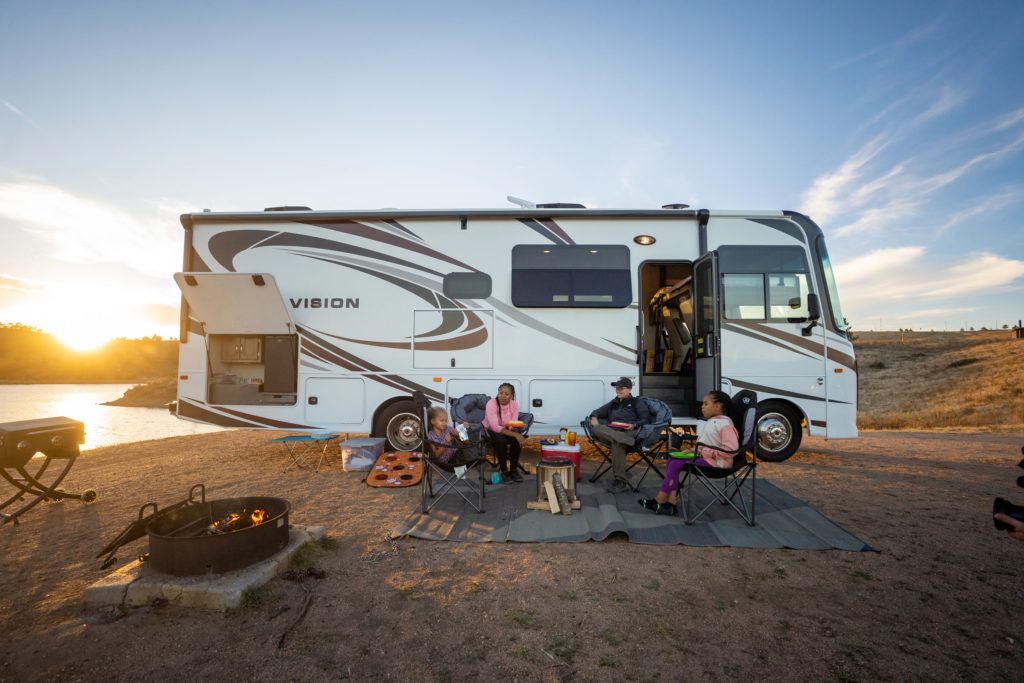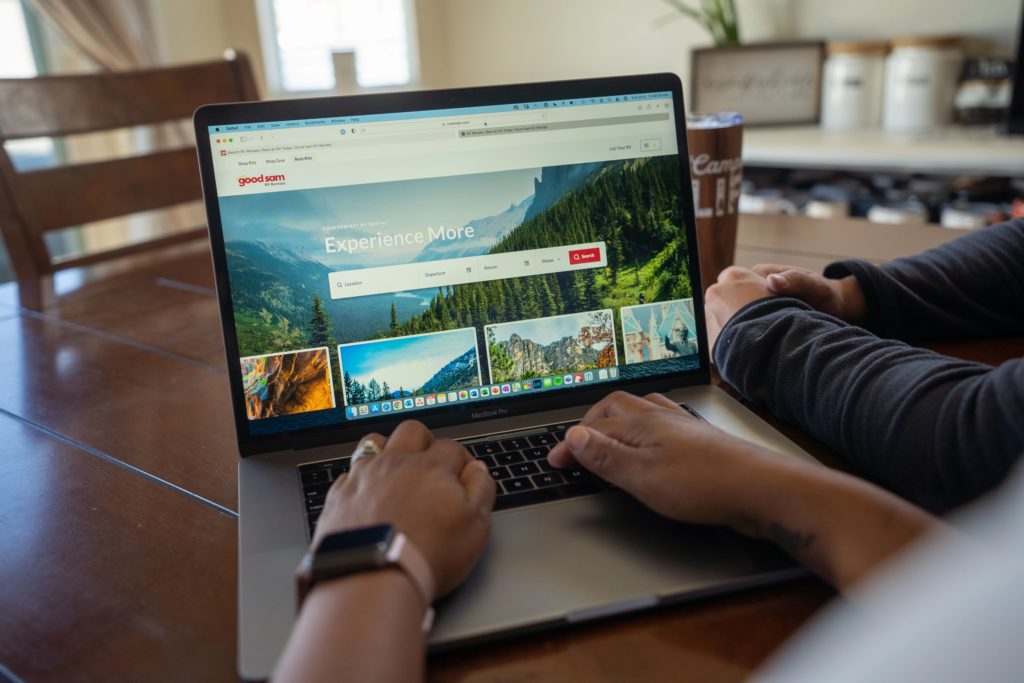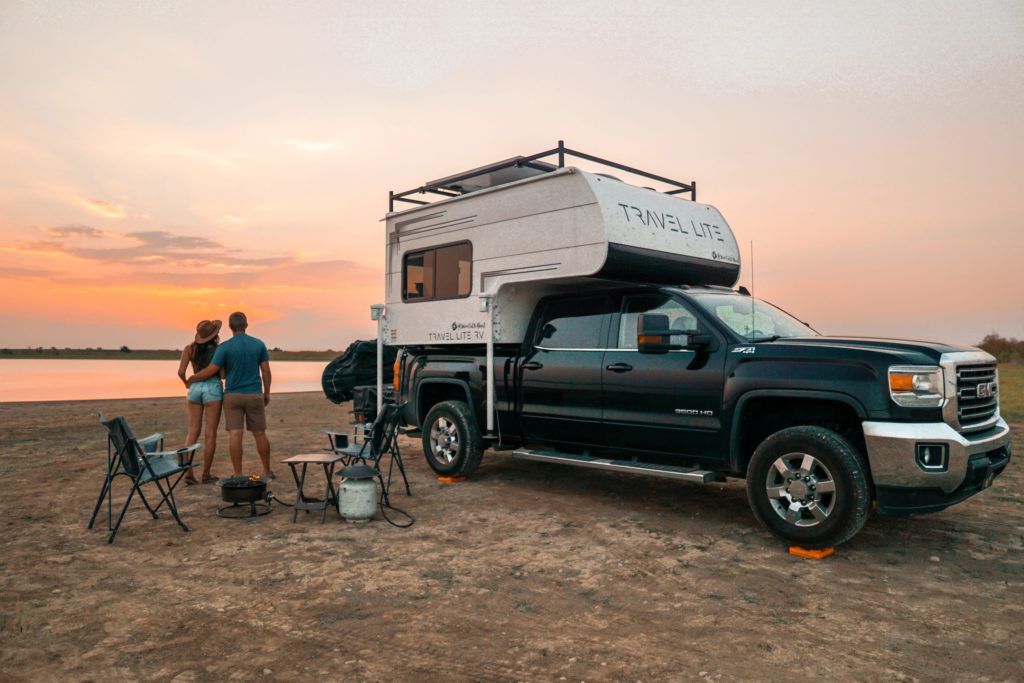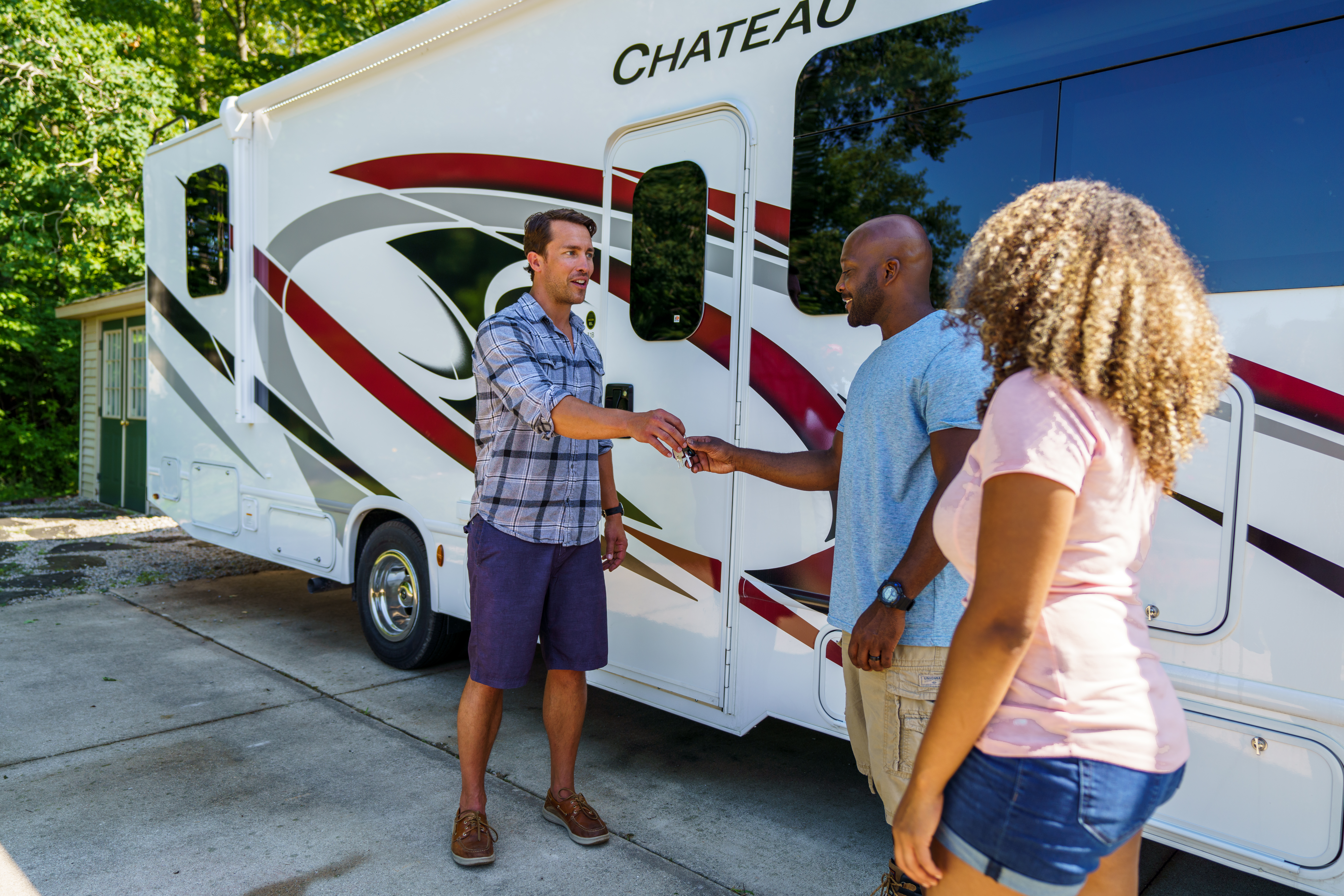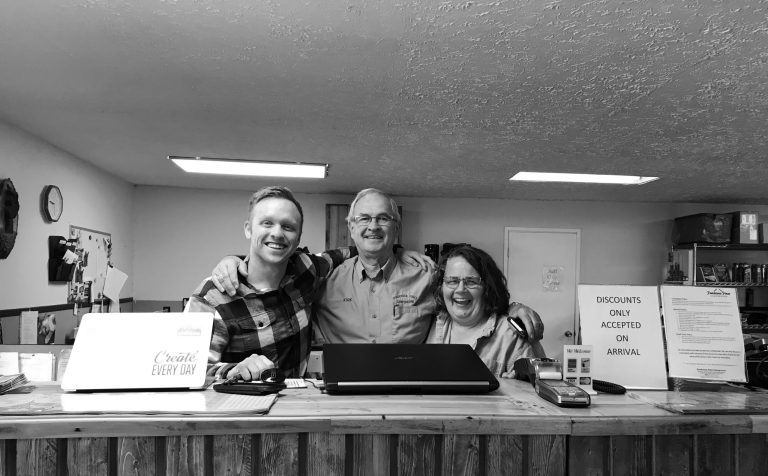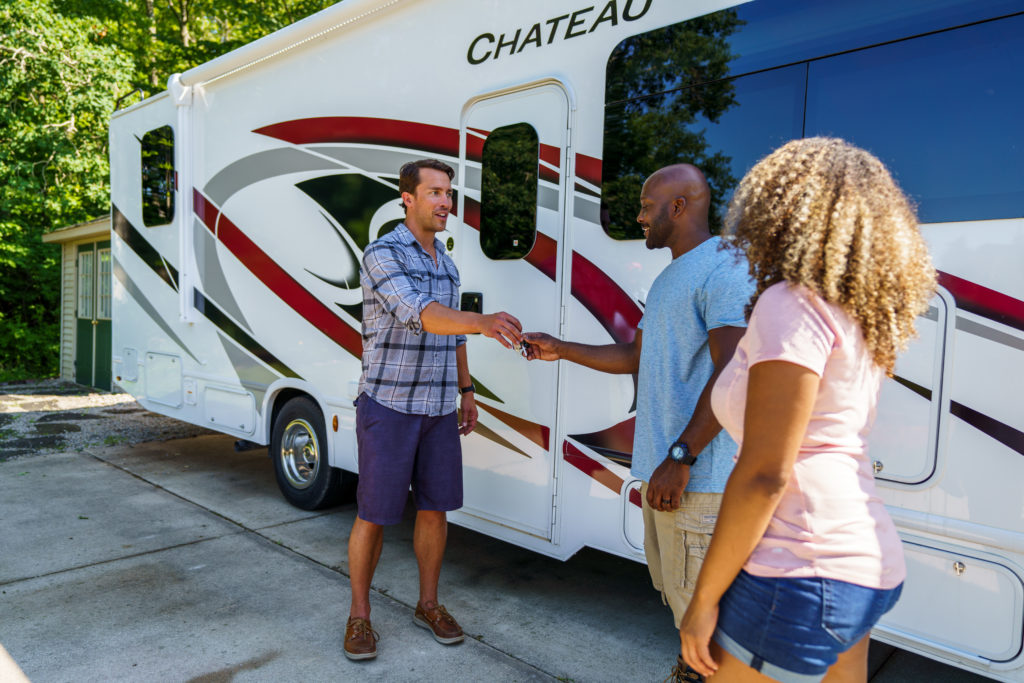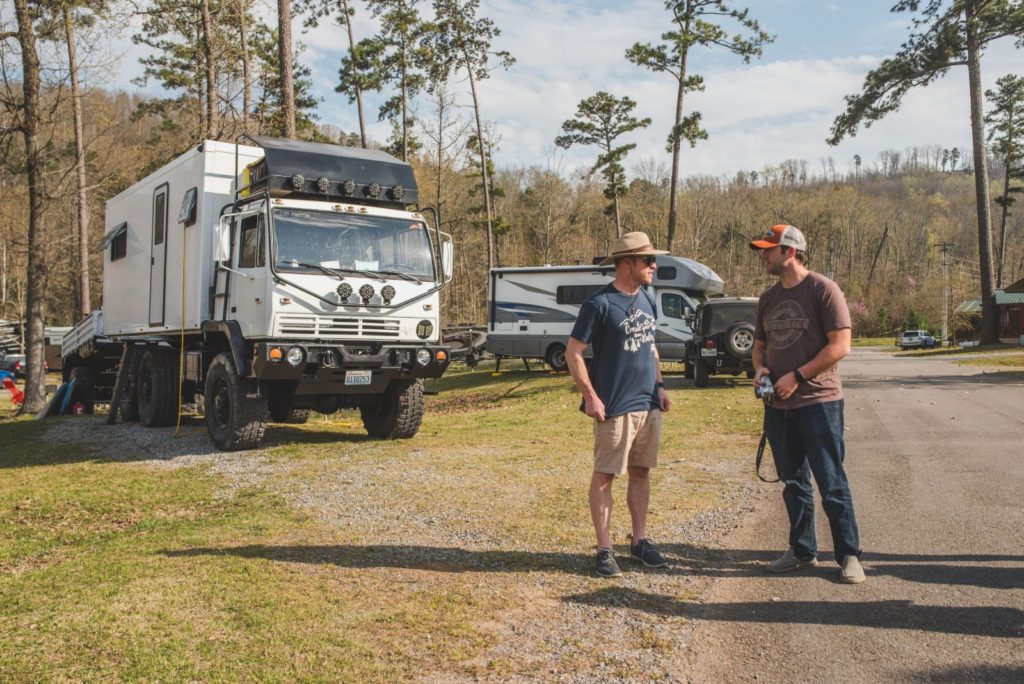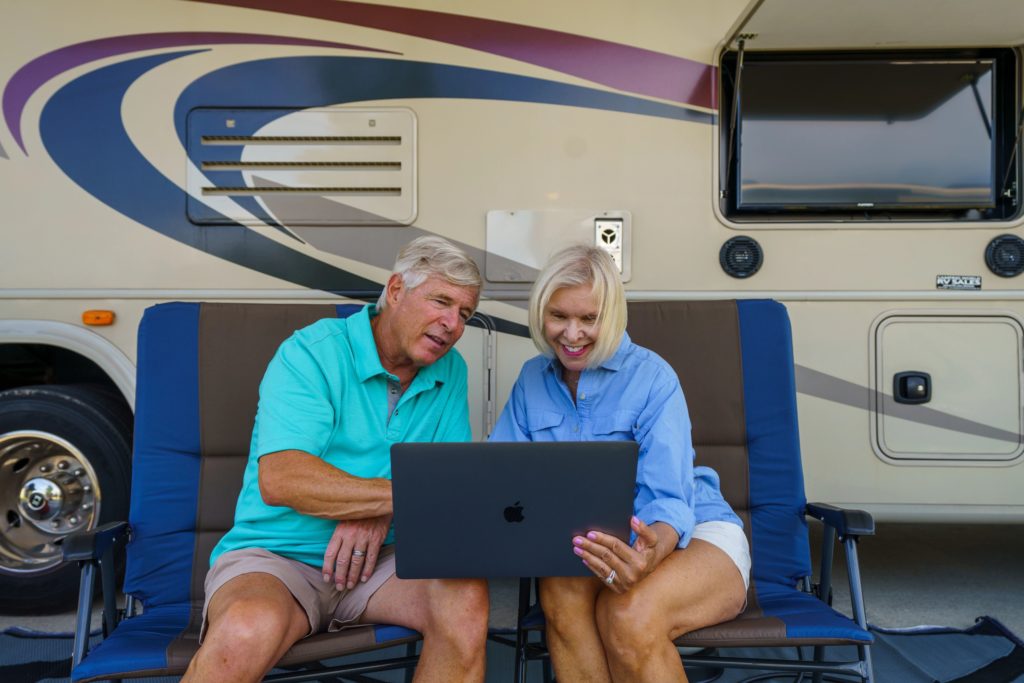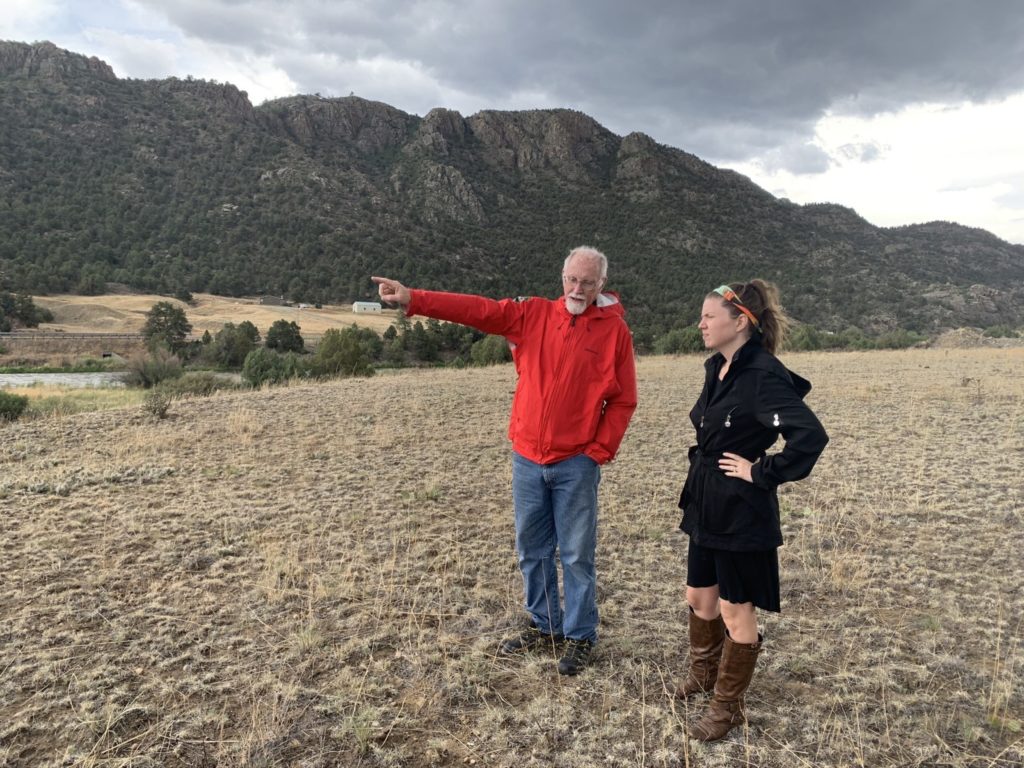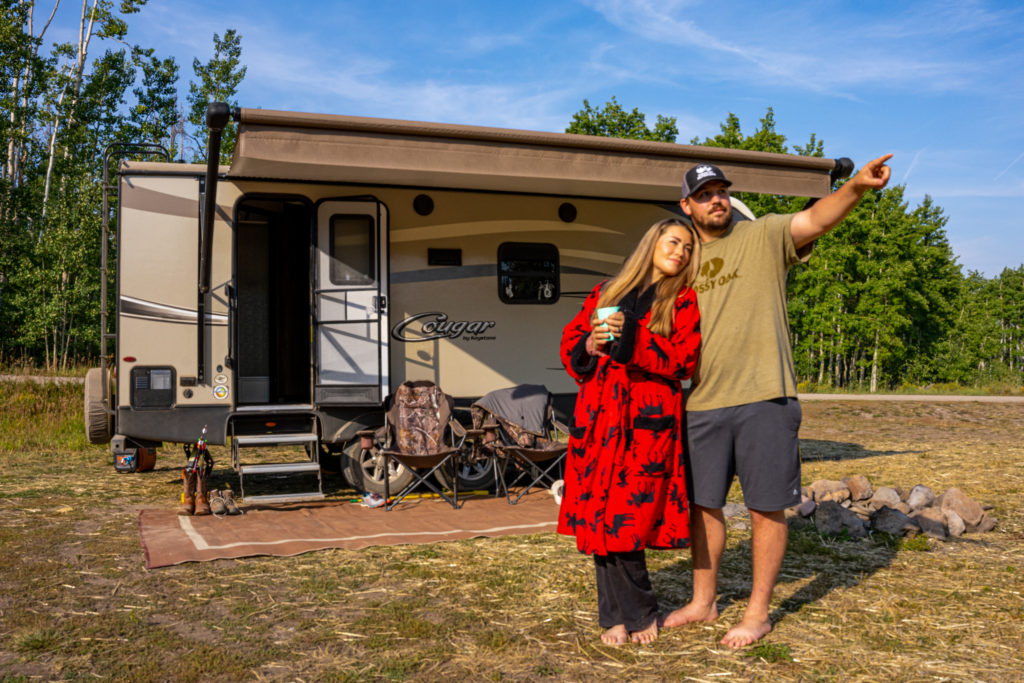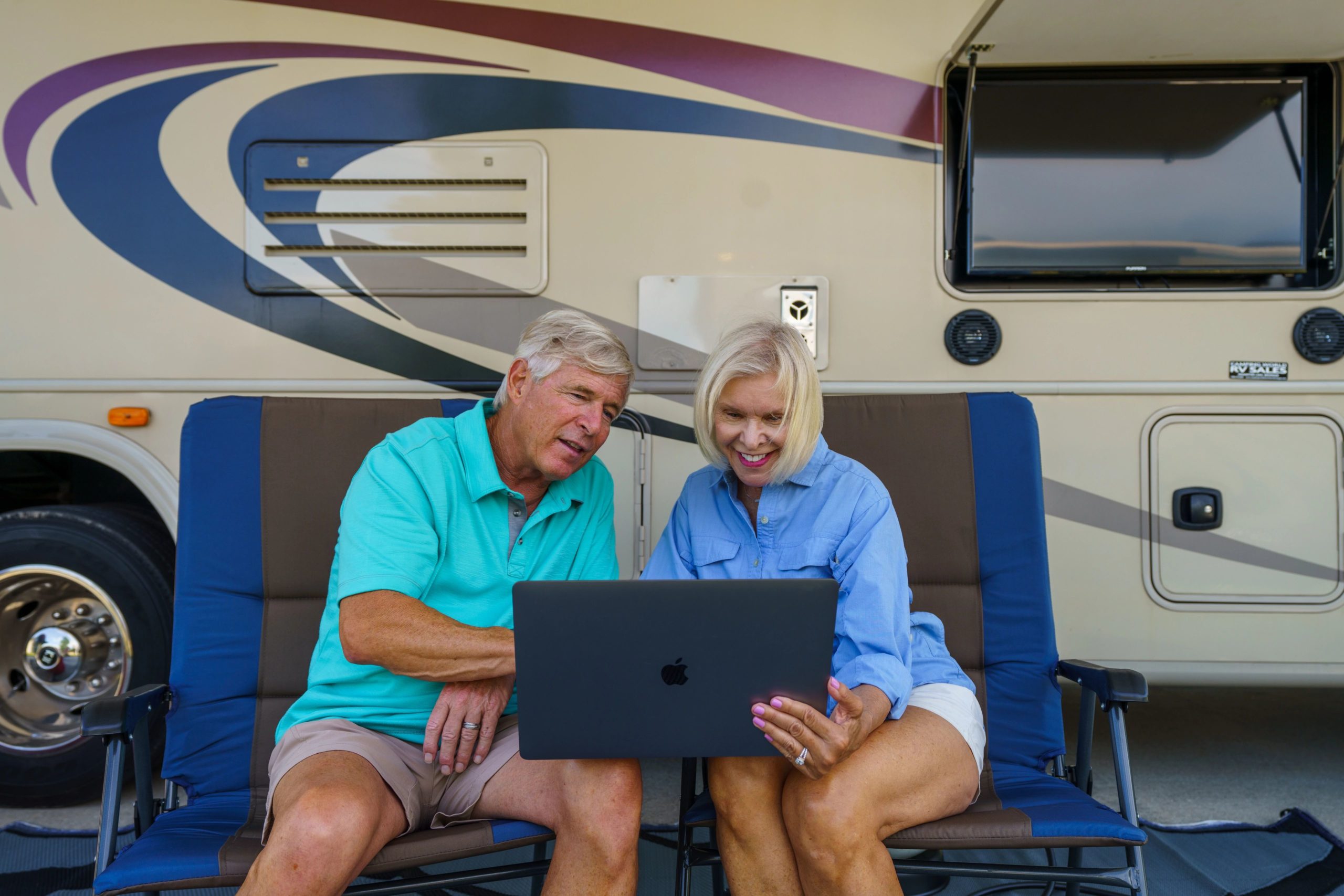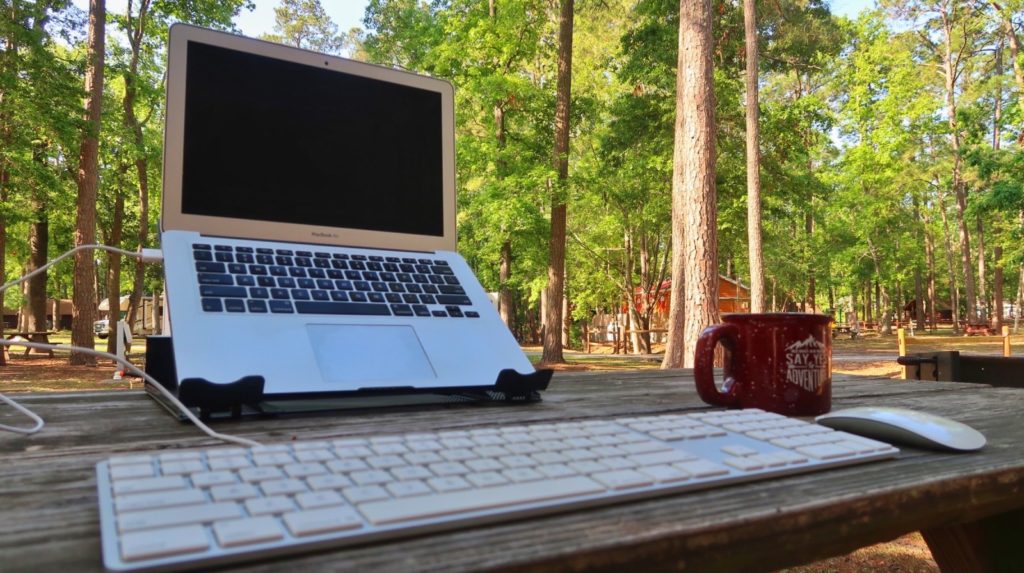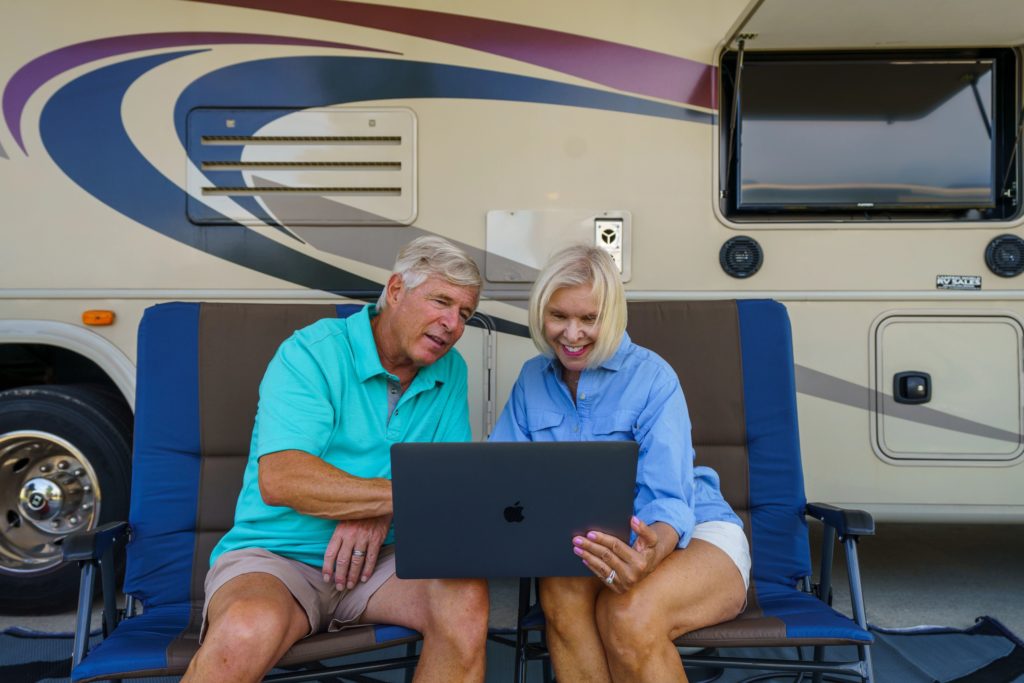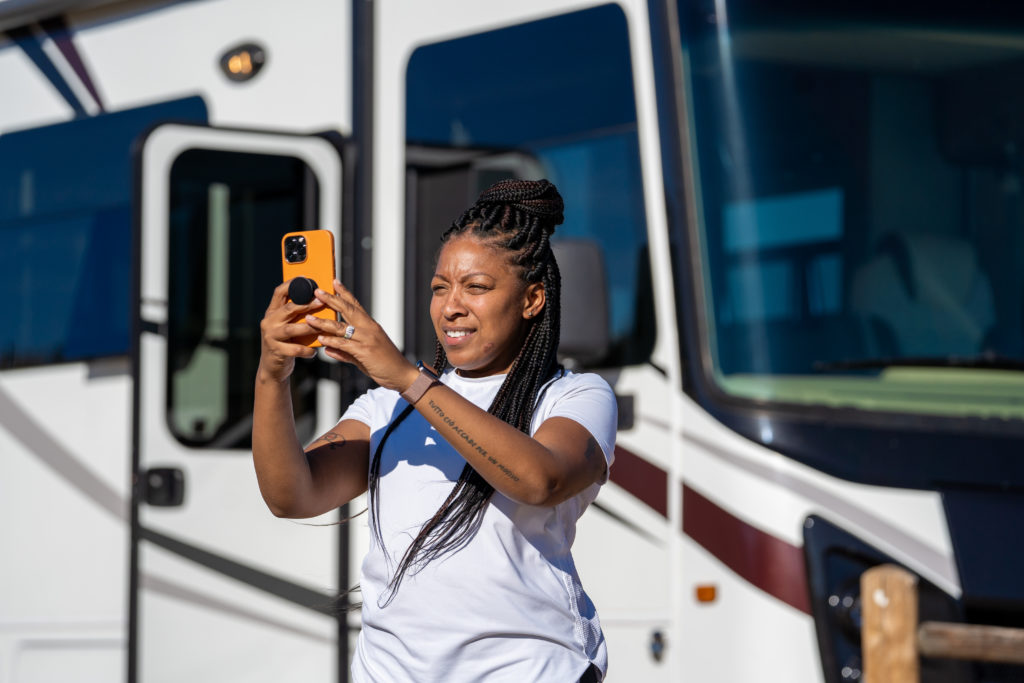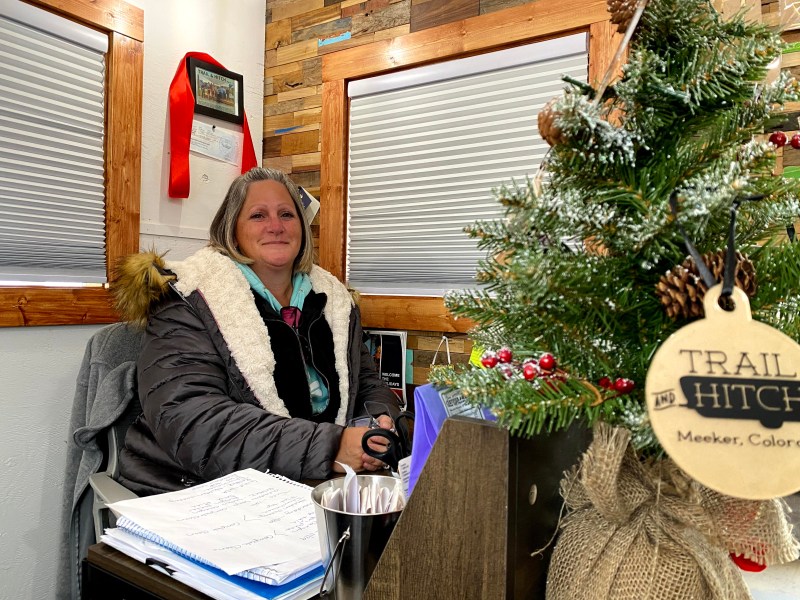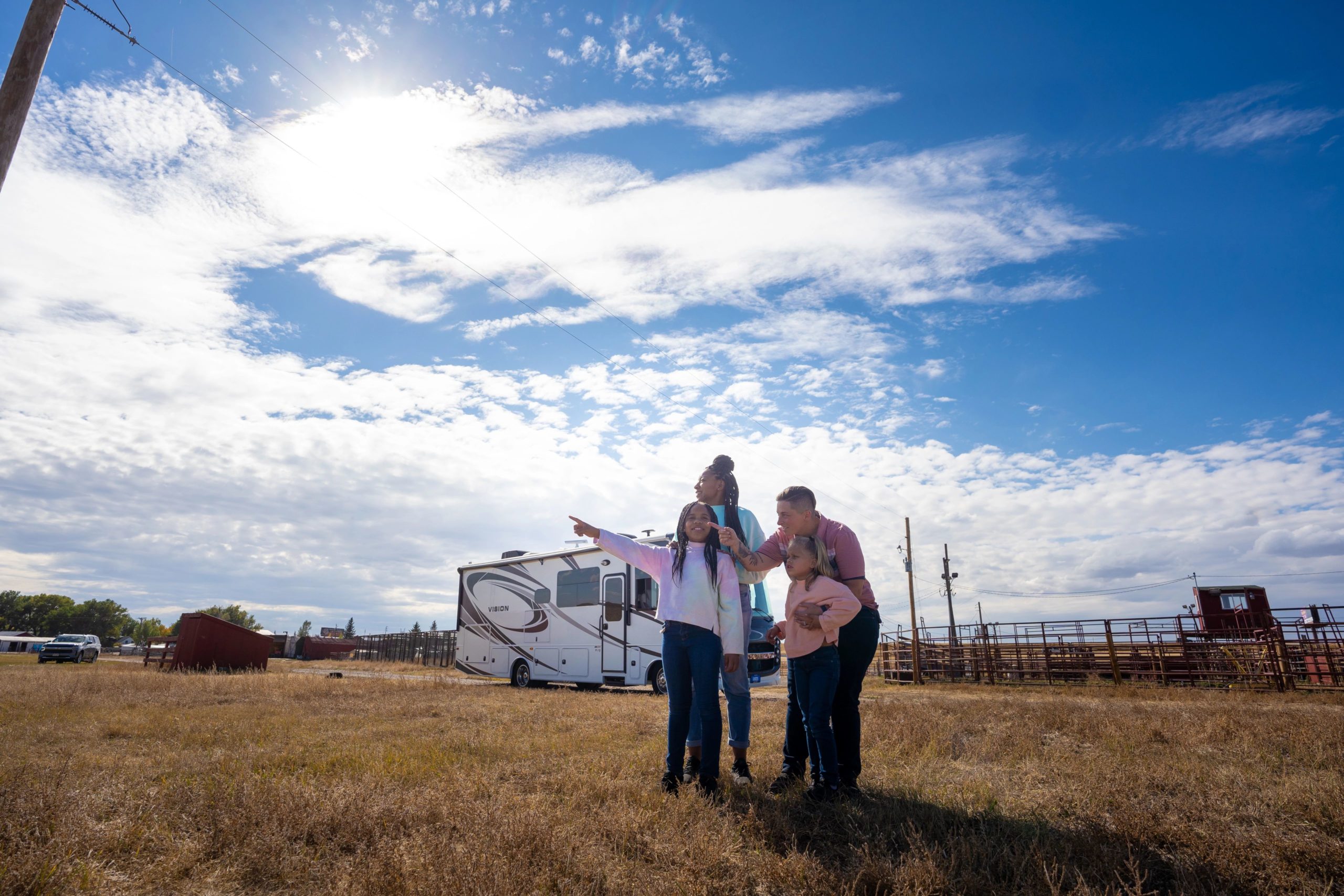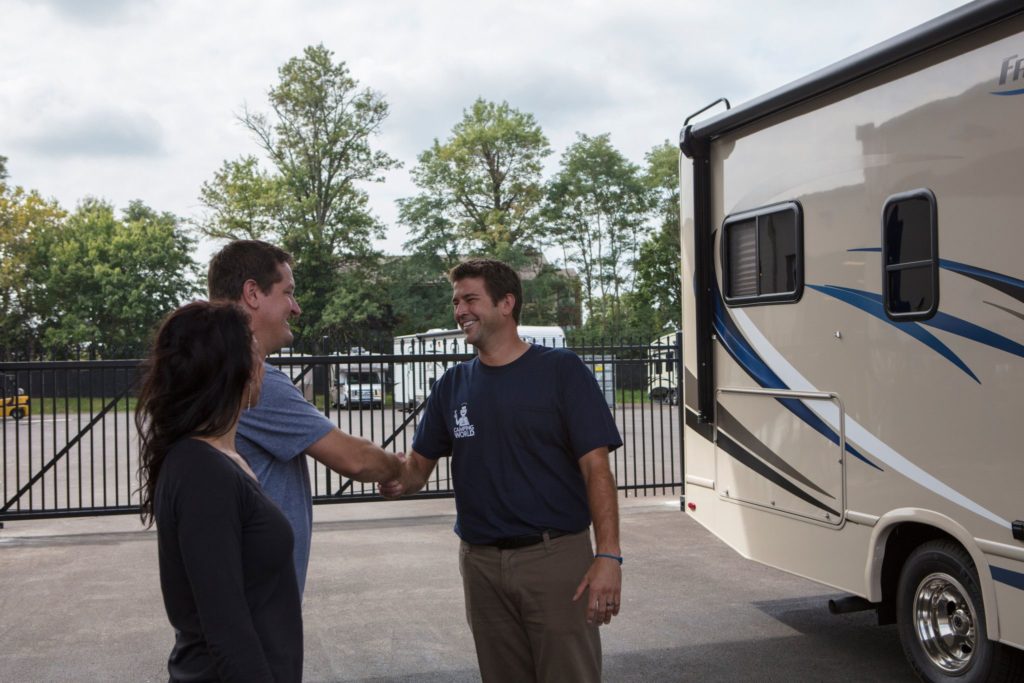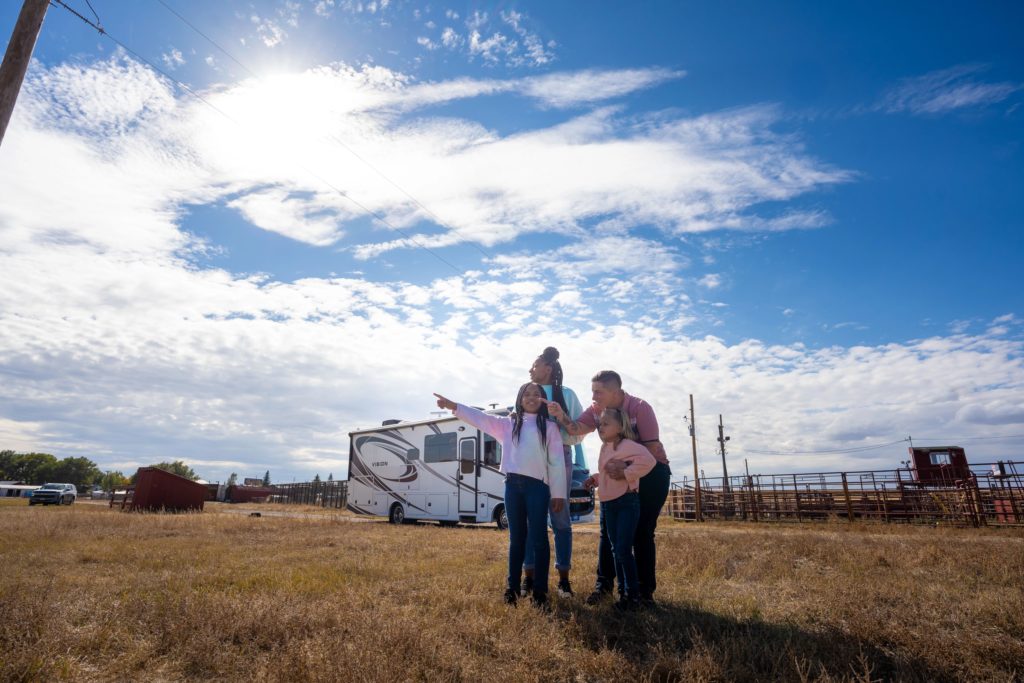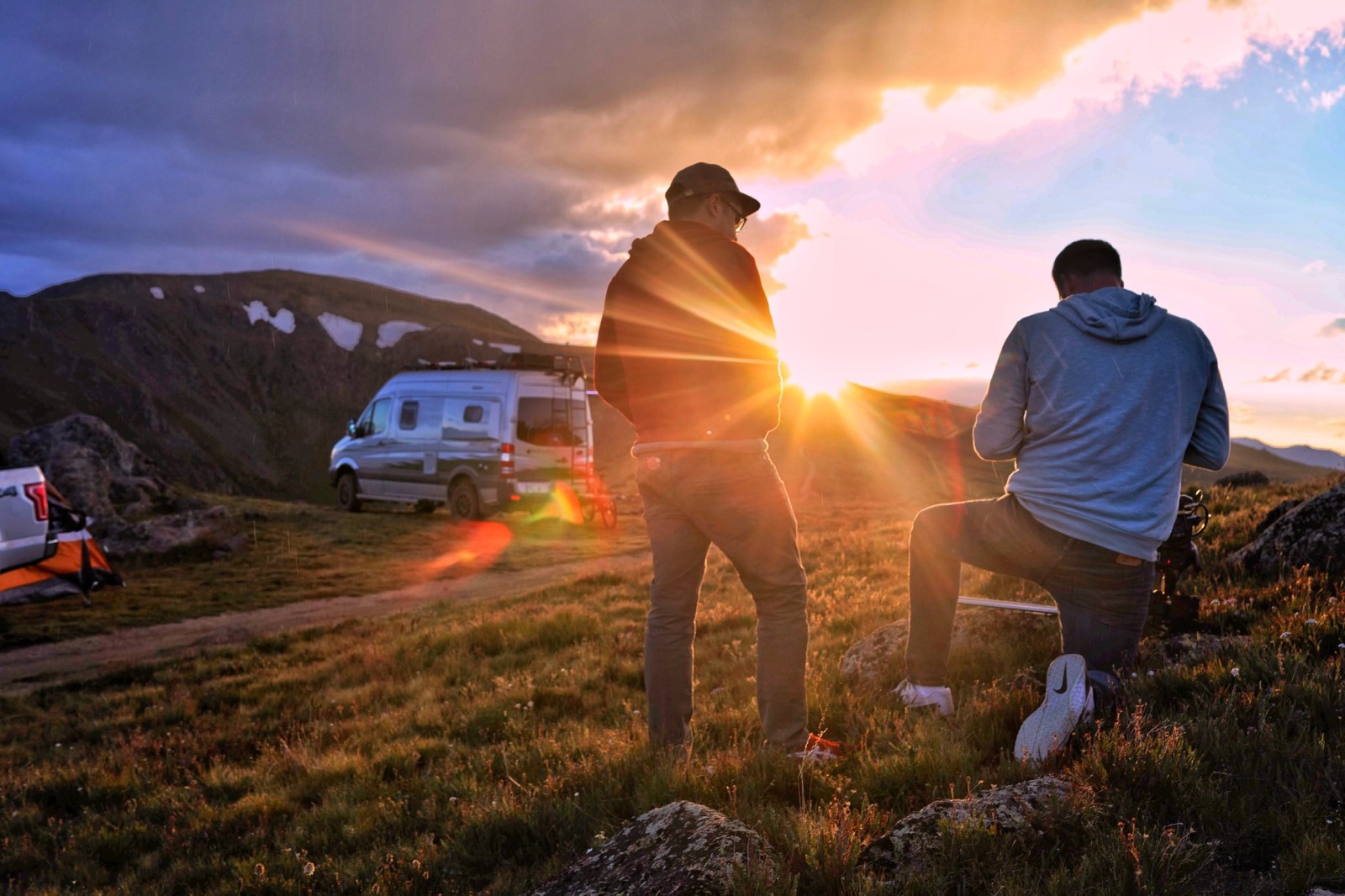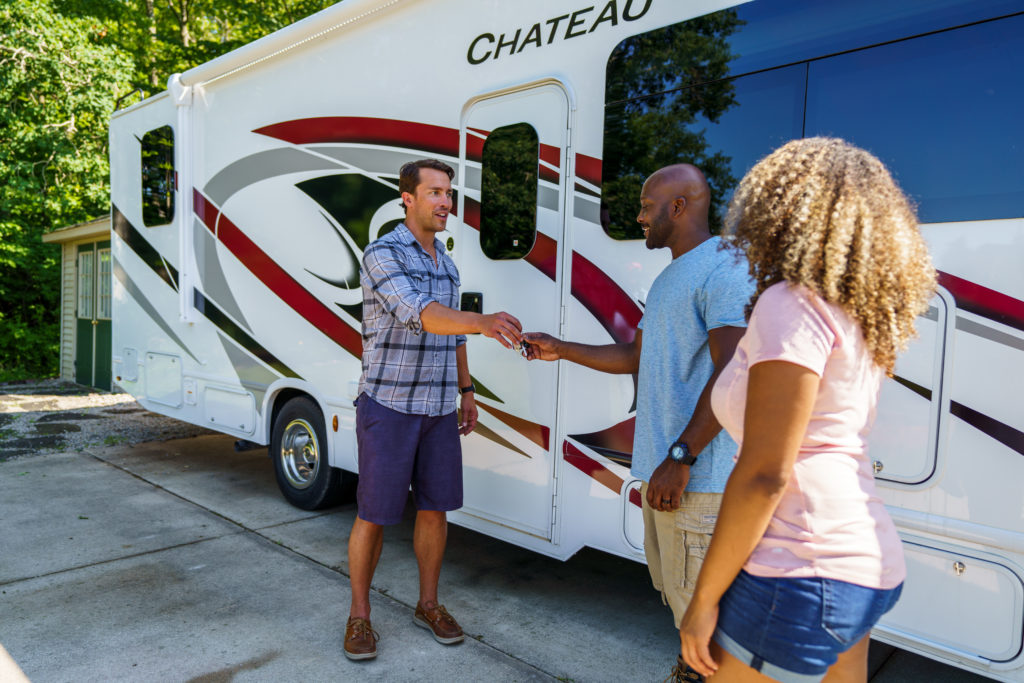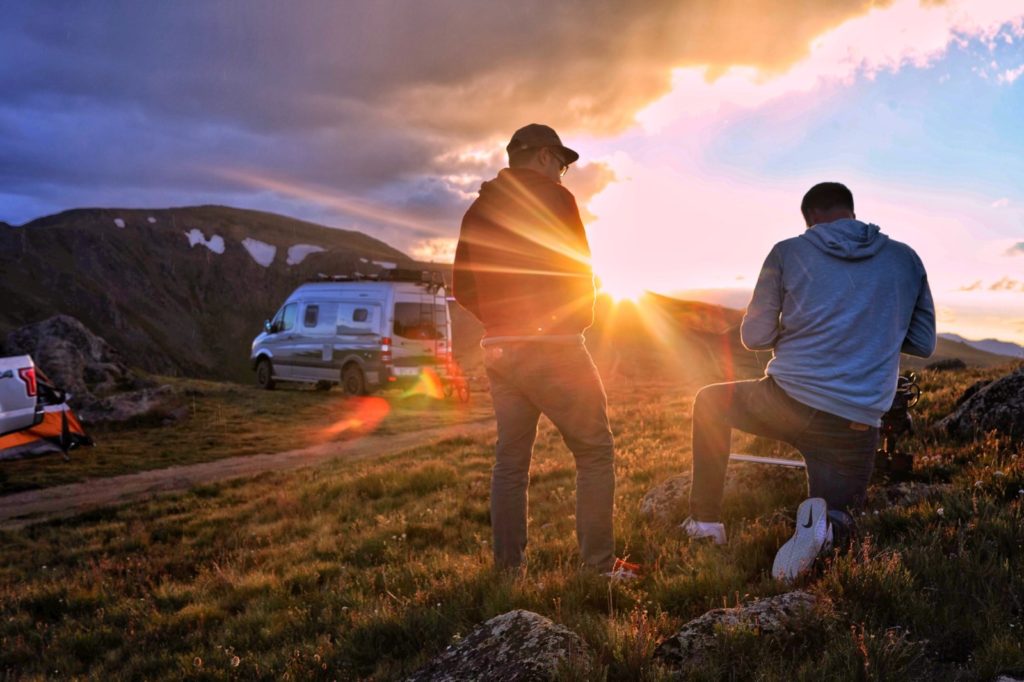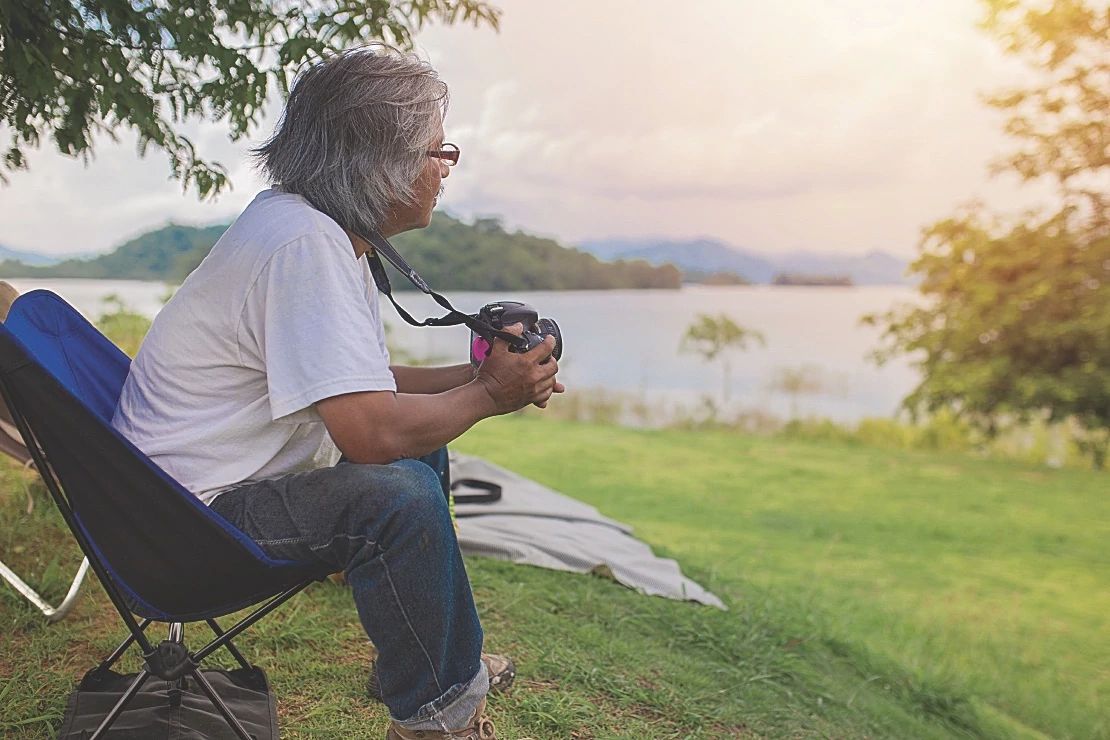
Campground Photography Guide
A picture is worth a thousand reservations.
More than any other consideration, guests are looking at the photos on your campground’s website or listing to decide whether or not they want to stay there.
You don’t have to spend a lot of time looking up a campground to know that a good number of them are digitally lacking in a “curbside appeal” – and not because the campground itself isn’t gorgeous, so much as the photos they post leave a little too much to the imagination. Grainy, low-lit, and out-of-focus pics are a turnoff to potential guests who aren’t already familiar with your park.
The good news is that even with a smartphone and a little practice, you can make your campground “pop,” leading to more traffic, credibility, and online reservations. To help you put your best foot forward, here’s a user-friendly guide to better campground photos.
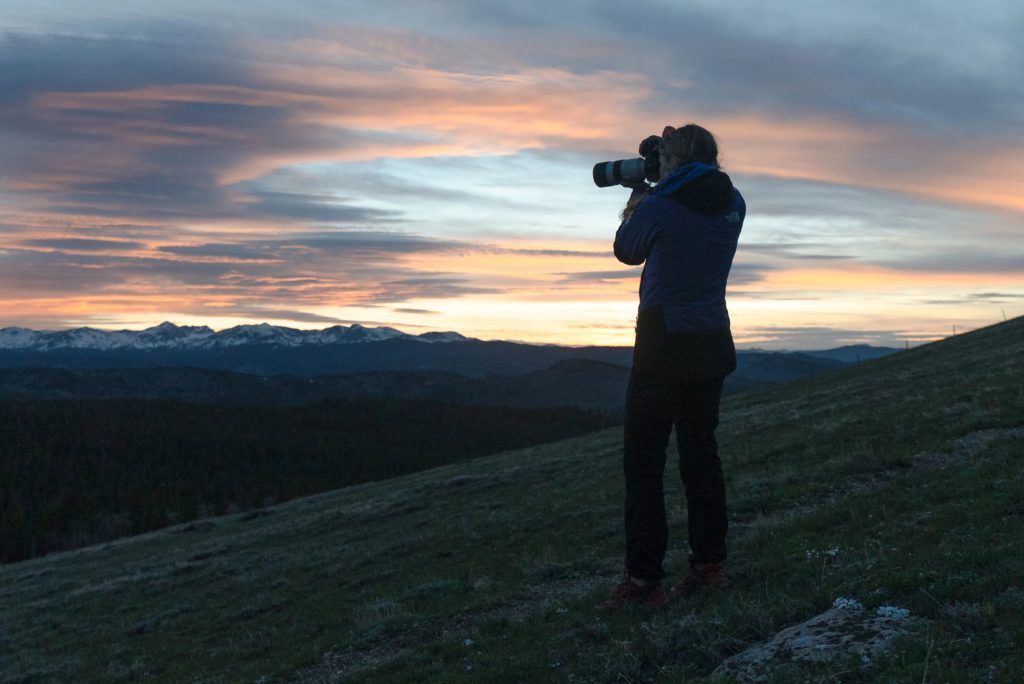
Why you should invest in better photos
Whether you want to get more reservations, stand out from the competition, or just tell your story, quality photos make all the difference online.
Quality photos increase reservations
No reason to bury the lead here. Great photos have been shown to drastically increase reservations. Maybe even double them.
Data shows that bookings with higher-quality photos benefit anywhere from 63% to 136% more reservations than those with lower-quality images.
One study even found that just updating content on your page regularly (photos, listing info, reviews, etc.) could lead to a 400% increase in traffic.
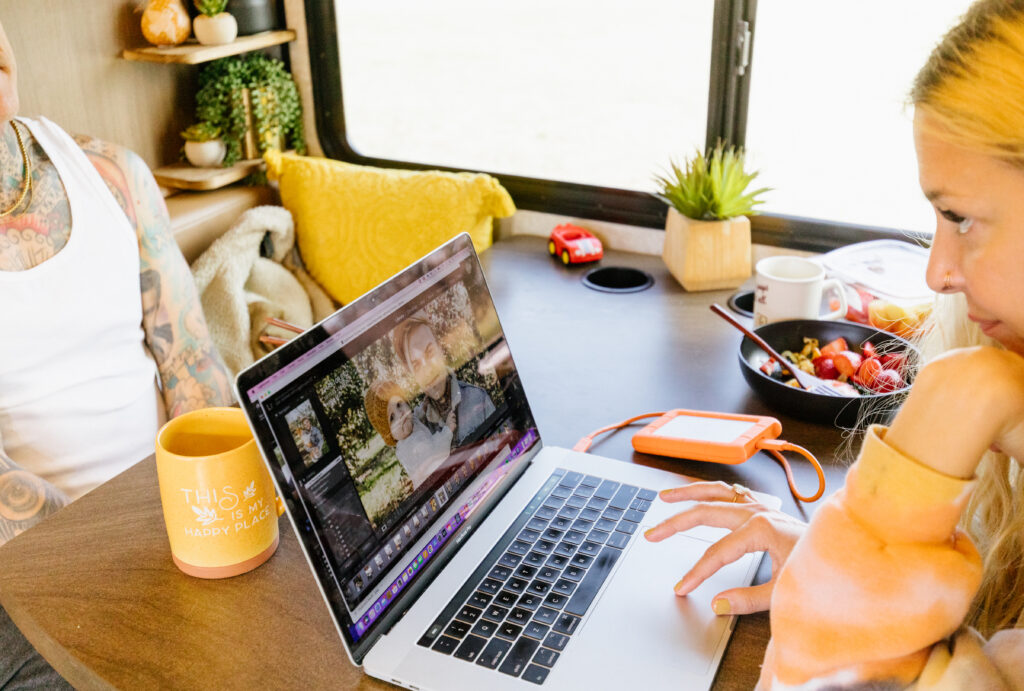
Quality photos add credibility
Better photos create trust with new guests.
In terms of online reservations, 78% of potential campers will make their decision to stay there based on photos alone. According to the data, uninitiated guests consider quality photos or videos to indicate credibility and a far more influential endorsement – even more so than other customer reviews.
The reason? It humanizes an otherwise digital experience. Sixty-two percent of consumers using an online search preferer contacting a business with images included on their listing simply because it signals that there’s a real person on the other side.
So a picture might be worth more than a thousand word-review.
Quality photos help you stand out
Considering that at least half of your potential guests prefer visual information over text, your park’s photos are either helping or hurting your business.
Campers want to see a few photos, read a few paragraphs, and get a general feel for your park. Long-winded descriptions or grainy, out-of-focus images are a turn-off – especially when the campground looks different in person.
Do a quick Google search of your park and see what photos pop up. What are campers seeing when they look for your campground? Does it give an accurate idea of what they can expect? Does your park pop out or get lost in the mix?
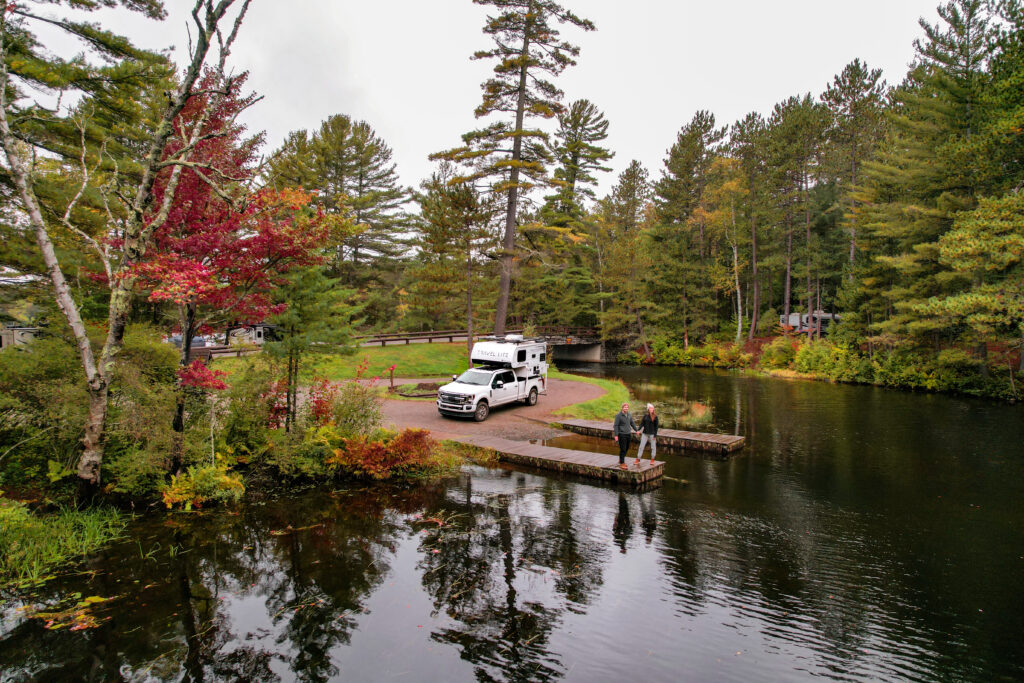
Quality photos add personality
Every campground has a story, and guests want to know what yours is. They want to know who’s running the park. They want to know who the park is catered to (families, retirees, long-term, etc.).
Photos are the easiest way to paint a picture and tell a little bit of your campground’s story while creating authenticity for those searching online.
How to take better photos on your phone
You don’t have to have $20,000 in cameras and lights to take decent photos. Especially if you’re just trying to give a flattering view of your campground, you can get by just using an iPhone and a little strategy. Here are a few things to consider.
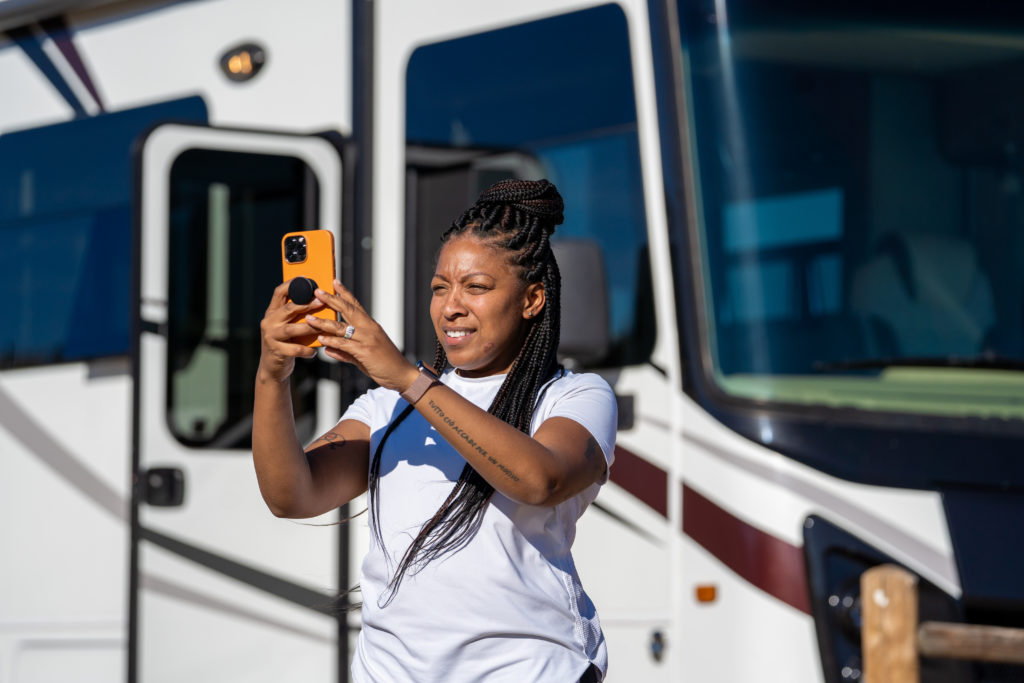
Clean your lens
While it feels silly to say, it’s often overlooked. Your phone’s lens accumulates smudges from fingerprints, dirt, and debris in general, directly impacting the quality of your photos. As you can imagine, this is easily remedied by wiping your lens with a soft cloth.
Set your focus
Unless you’re going for something artistic, a blurry photo is a turnoff when it comes to showing off your campground. As you take a picture, tap the subject on your screen, and the camera will automatically adjust.
Natural light
Lighting might easily be the single most important factor in photography. It directly impacts the mood, clarity, focus, and interpretation of an image more than anything else. If you want quality photos, try to take pictures using natural light – ideally around sunrise or sunset (aka “Golden Hour”) – and try to avoid flash or fluorescent lights, as they’ll create harsh shadows and overexposure for your pictures.
It might also be worth your while to play around with different modalities like “Portrait” or “Cinematic” and see if you can’t find more compelling ways to showcase your park.
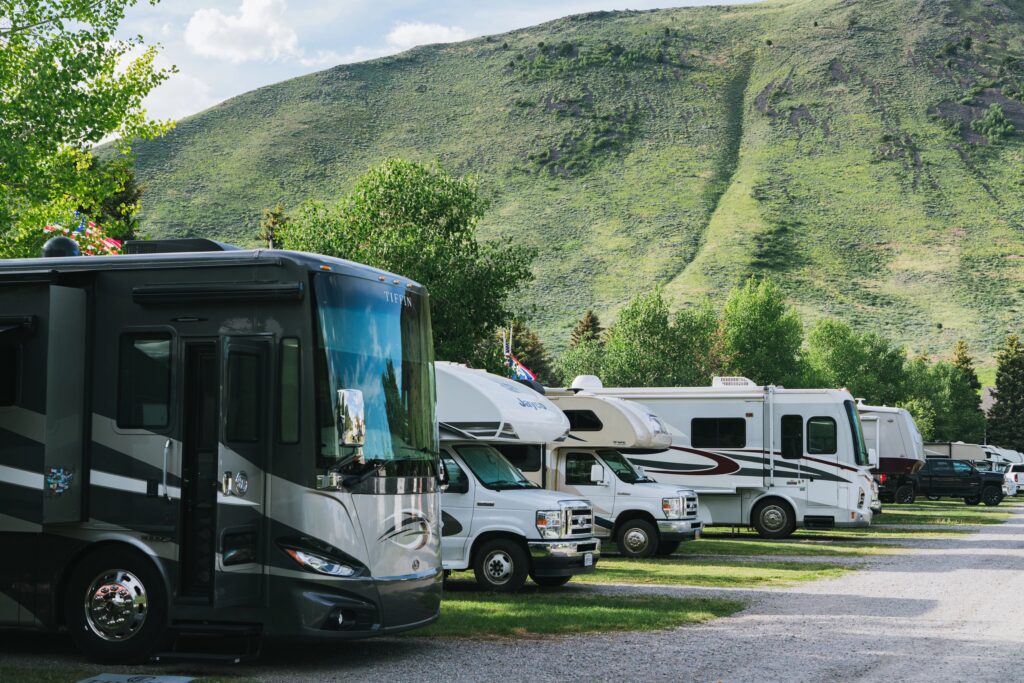
Composition of your photo
Try and compose your photo in a way that properly frames the subject in an appealing or visually interesting way. Instead of just an RV, could there be a family enjoying a bar-b-q or throwing a football around? Instead of images of vacant amenities, could you show people playing volleyball or having a good time around a campfire? A story is more compelling than a stagnant image and will likely increase someone’s interest while on your website.
Rule of thirds (Symmetry)
The rule of thirds is a tried and true standard for photo composition, and it’s pretty easy to catch onto.
Basically, the idea is that you think of your photo as a square grid with nine segments (3×3). Position the focus of the image into one of the thirds (either horizontally or vertically). This will help the viewer’s eye take in the picture while focusing on the main image in a more aesthetically pleasing way. Chances are that your phone has gridlines you can turn on to help you frame your shot.
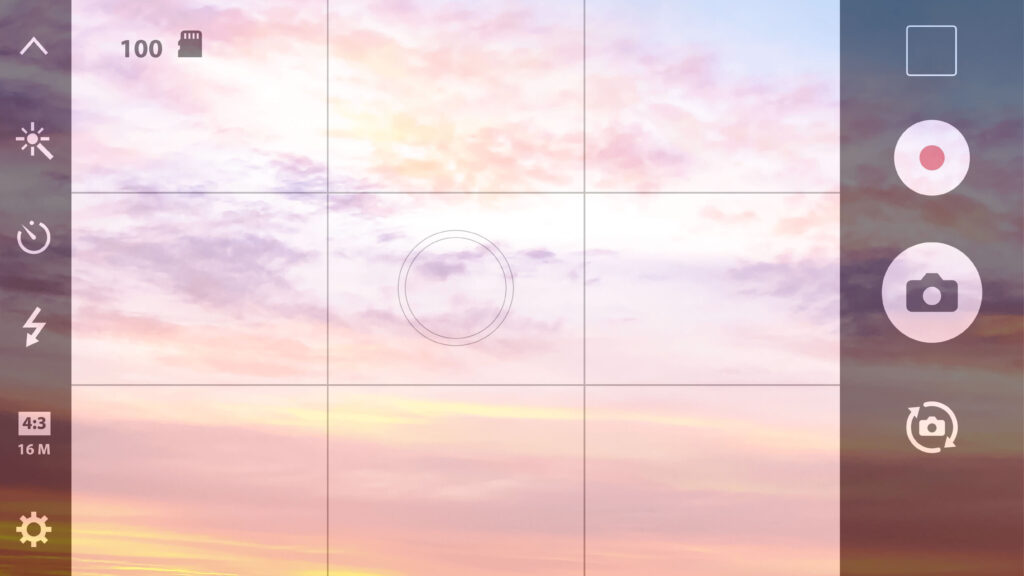
Make your photos interesting
While this is a little more art than science, it’s still important to remember that your photos should be visually interesting. Make it a point to identify camera-friendly locations or otherwise interesting moments with guests. Instead of a picture of your parking lot or the outside of the camp store, consider showing images of folks handing out and having a good time in their campsites or playing around the park. Focusing on trying to highlight what a guest’s experience could be.
Edit
Let’s say you got a decent photo, but it has a slight blemish, or the brightness was a little off. Well, chances are you’re still fine thanks to the magic of editing. Whether you’re looking to adjust the contrast, crop out part of the image, or even remove something from the picture, there’s probably an app that can help you out.
Apps like Adobe Lightroom, Google Photos, and even Instagram are decent options for “fixing it in post.”
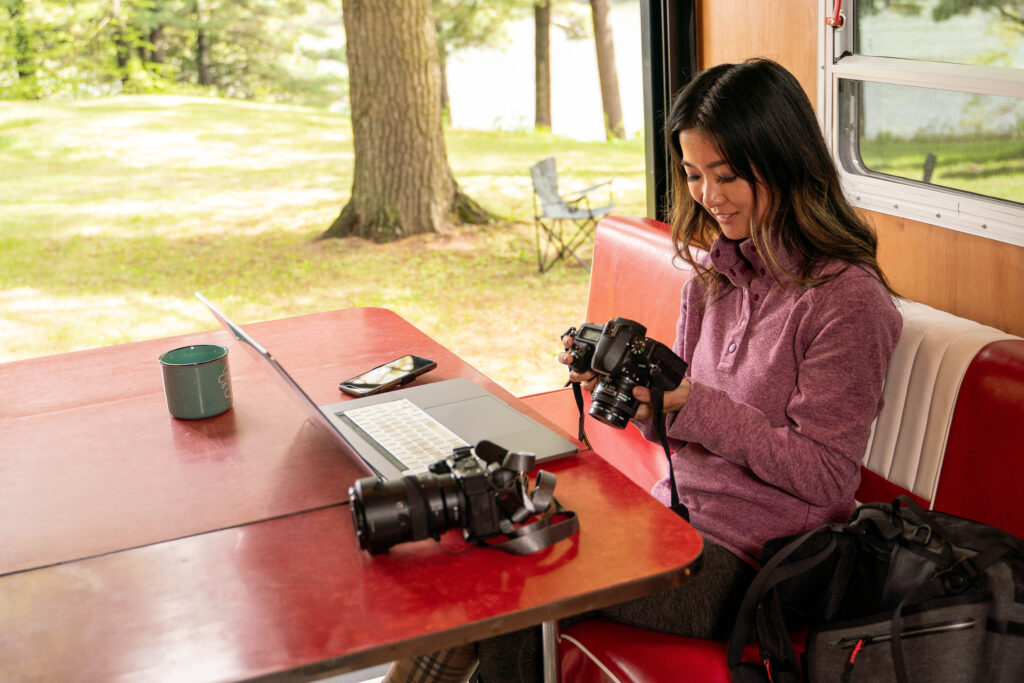
Invest in professional photos
If you really want to capture your campground at its best while getting some great mileage out of your photos for years to come, consider hiring a professional photographer.
While costs vary, you can usually find a reliable photographer for anywhere from $100 to $250 an hour for the shoot itself. From there, they’ll usually share the rough shots and let you choose which ones you’d like edited. You should also expect to pay about $3 to $5 per edited photo unless they bake it into the cost of the shoot itself.
Sites like Snappr, Upwork, and Thumbtack are great places to look for photographers in your area, but chances are that there are also pretty decent Facebook groups or listings in your neck of the woods. Peruse their portfolio and get an idea of whether or not they’ll match what you’re looking for.
It’s also worth noting some campgrounds barter photography services for a week-long stay or simply hire work campers who know their way around a camera to keep costs low. Regardless, it’s definitely worth the investment.
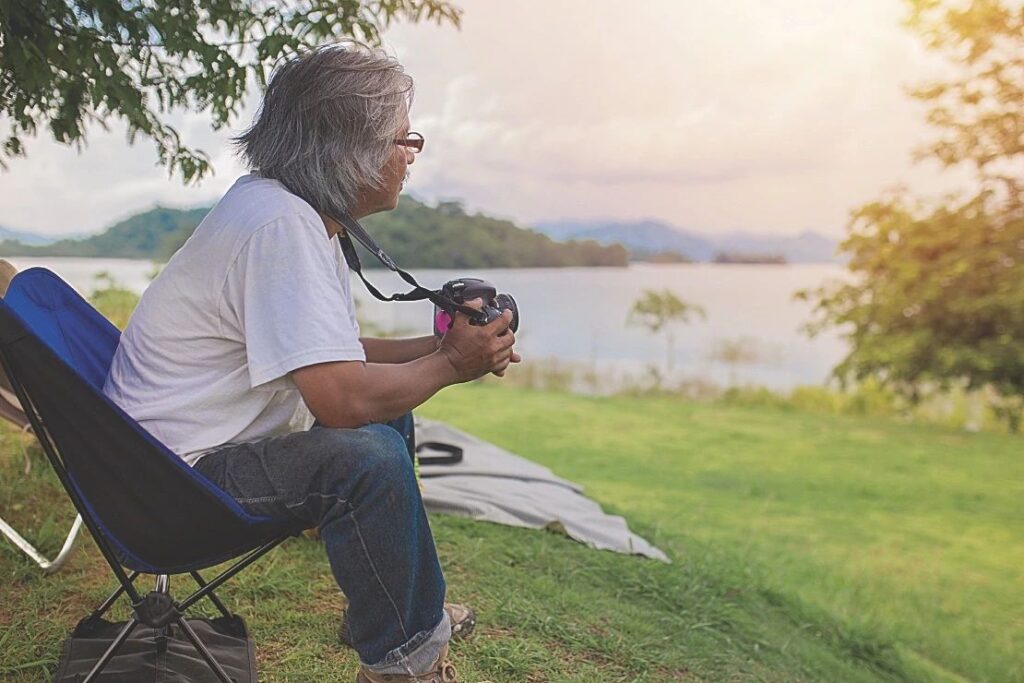
Drone photography
If you really want to differentiate your photos, consider using a drone. According to one survey, listings with drone images or videos perform 63% better than those without. The reason? Guests want the context of your park and, more specifically, where their campsite is located compared to everything. Nothing paints a more complete picture of a campground than a bird’s-eye view.

Keep in mind that in order to operate a drone, you’ll need a remote pilot certification through the Federal Aviation Administration (FAA). But if you’re not looking to drop a few hundred dollars on a new hobby, chances are that you can find a licensed operator in your area willing to fly around your park for an affordable rate (usually averaging around $100 an hour).
Services like Droners.io allow you to pull from vetted drone operators in your area, matching whatever budget or specifics you’re looking for.
Other photography tips
In terms of quality images, you can certainly do a lot with a smartphone, but if you’re willing to invest a little bit, you can really make a splash. Here are a few tips if you’re looking to go the extra mile and really make your campground’s photos pop.
Curate social content
Here’s the thing, guests want to take pictures, and they want to share them. Herein lies a great opportunity to promote your campground. Consider spinning up an Instagram or Tik Tok for your park, and incorporate a hashtag that guests can use when they share their pictures or videos of their stay.
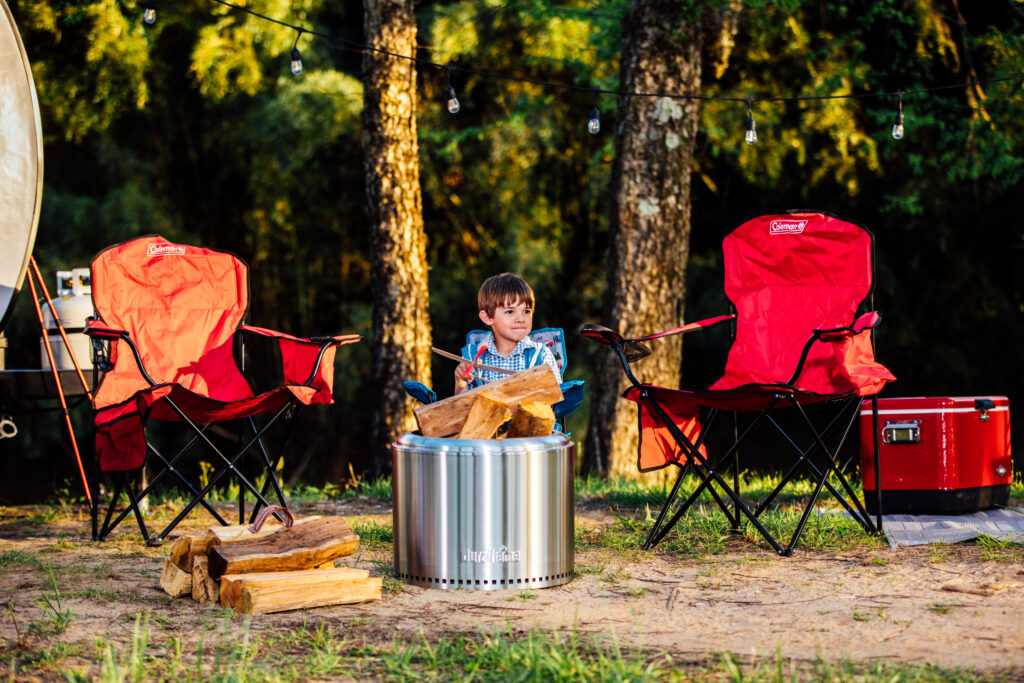
Encourage campers to share photos
Asking guests to leave a review and post a photo is a great way to establish your online reputation while signaling credibility to more guests. You could even take it a step further and consider offering discounts in exchange for great photos or even run a contest with a giveaway to the best photo submitted.
Gear recs
If you find yourself wanting to level up from just an iPhone and natural light, there are a handful of relatively economical options for improving the quality of your photos. While it may be a bit of a startup cost, the better the photos are, the more likely you are to stand out and increase your bookings. So it could pay for itself before too long.
Here are a few considerations to get started.
- Digital Camera (plus accessories) – $500+ (Canon)
- Lighting Kit – $175+ (LINCO)
- Tripod – $100+ (Manfrotto)
- Lenses – $200+ (Canon)
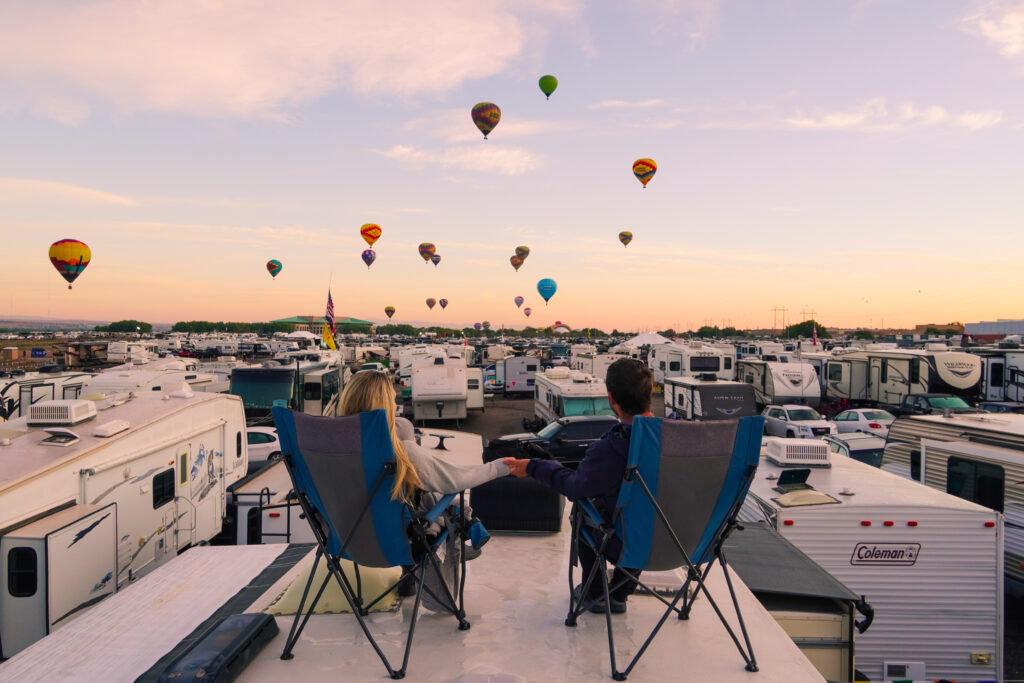
MORE PHOTOS AND MORE RESERVATIONS.
In addition to increasing reservations online, Good Sam Campground Solutions has helped parks improve their branding and curate better photos. If you’re in the market for growing your online reach, request a demo today!
